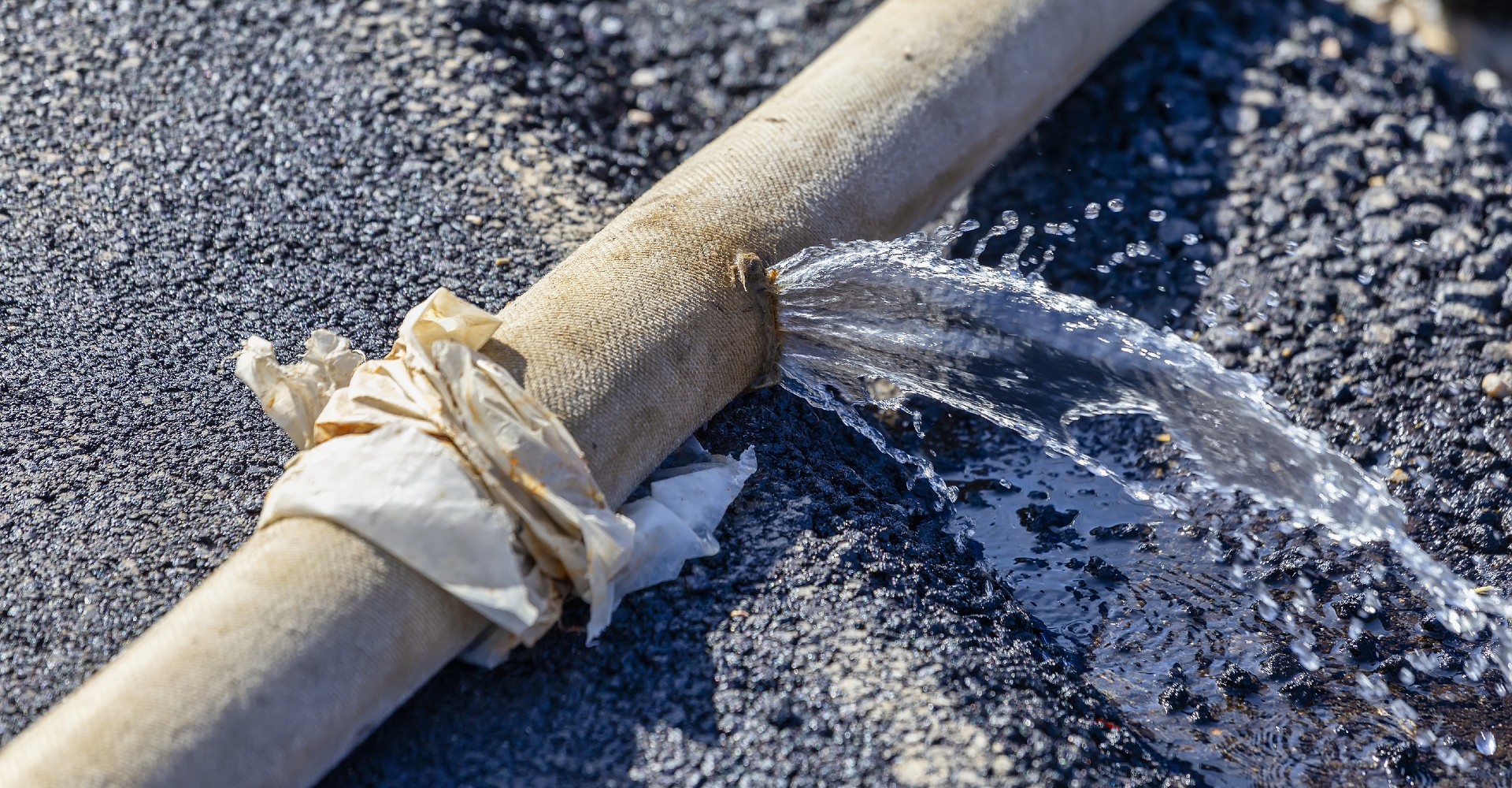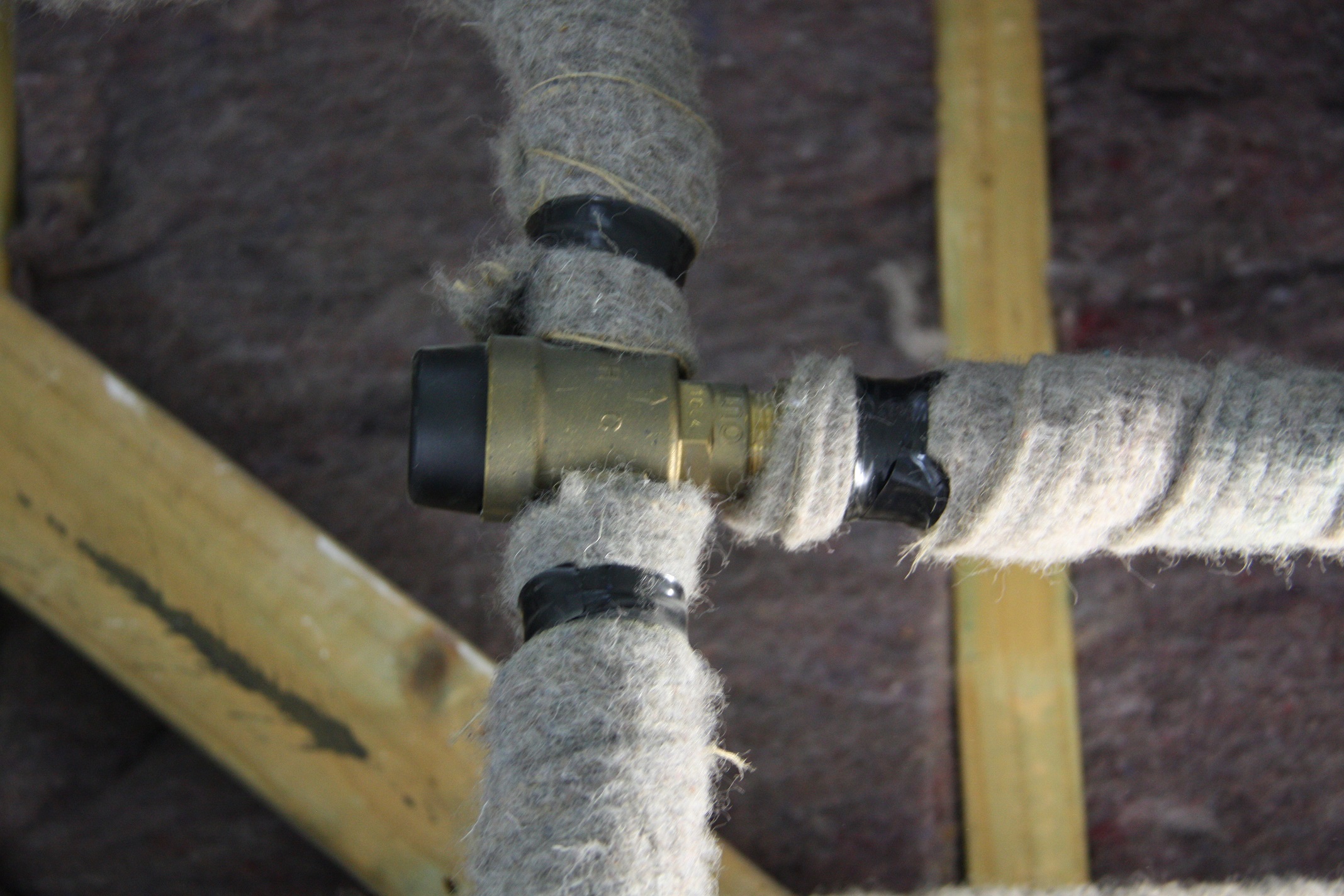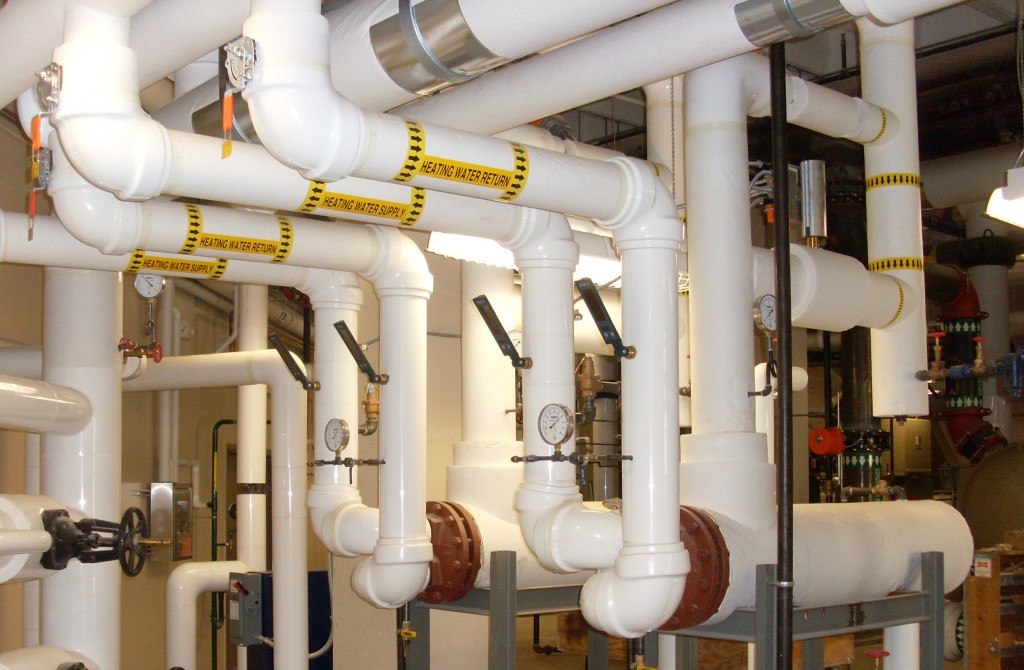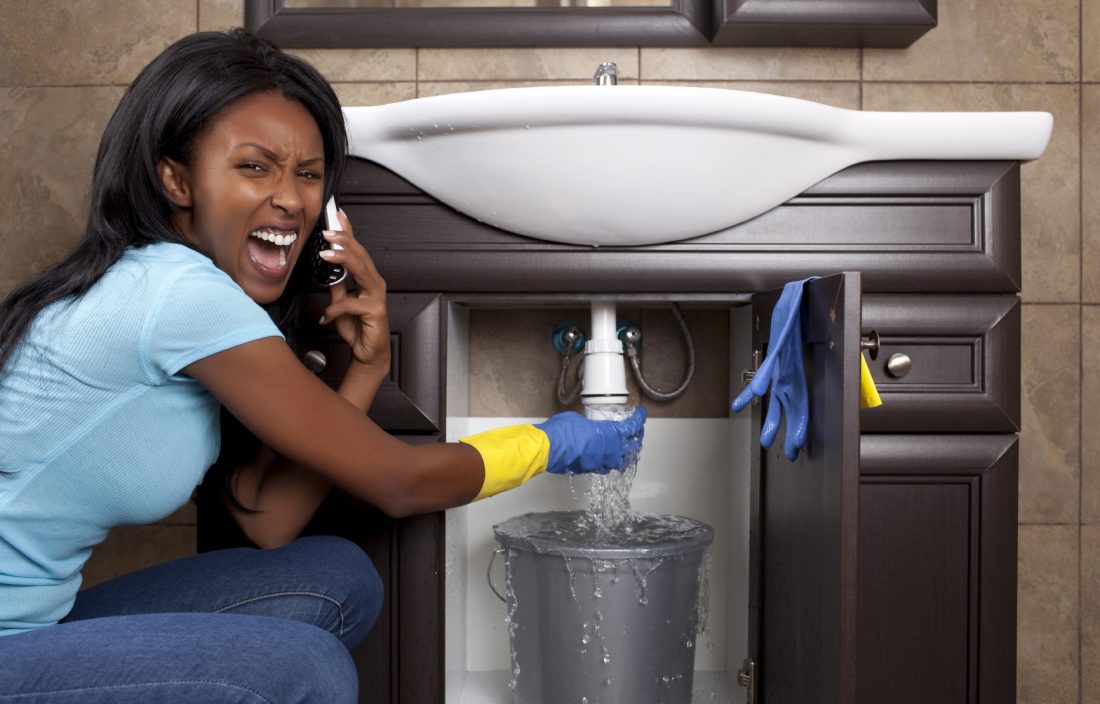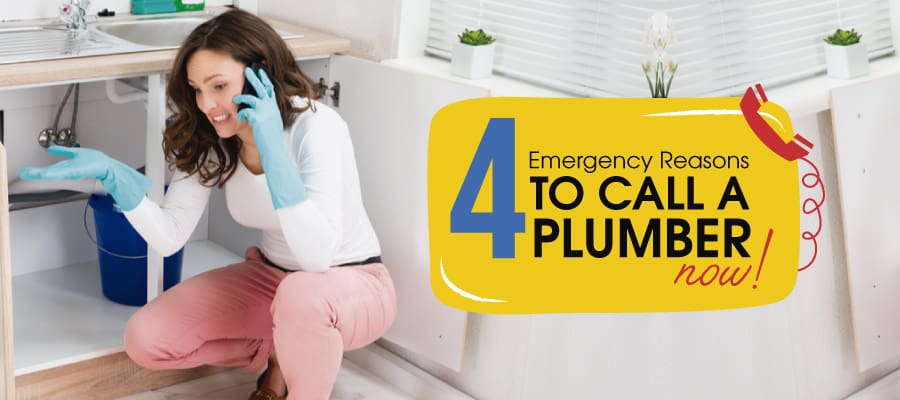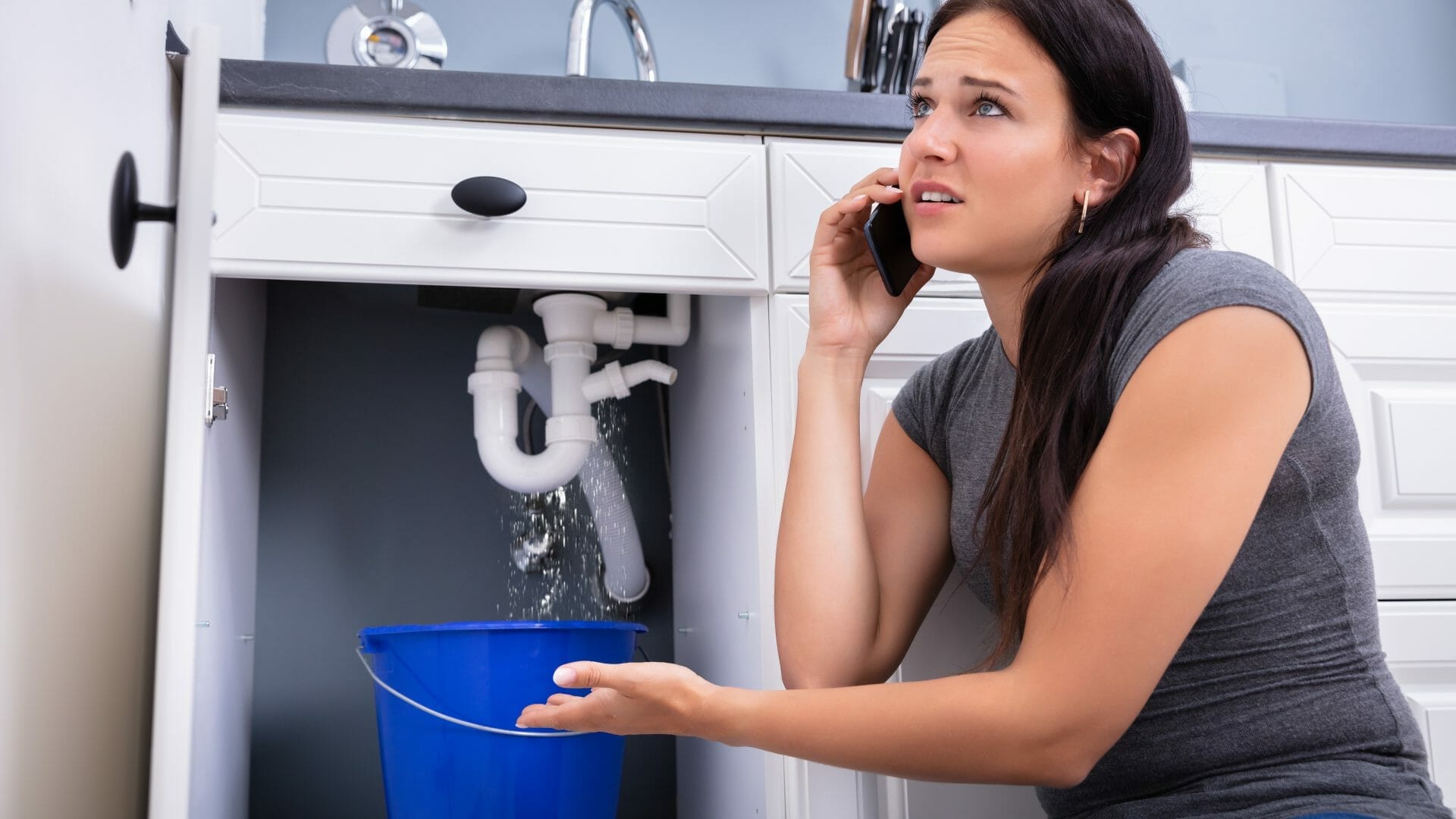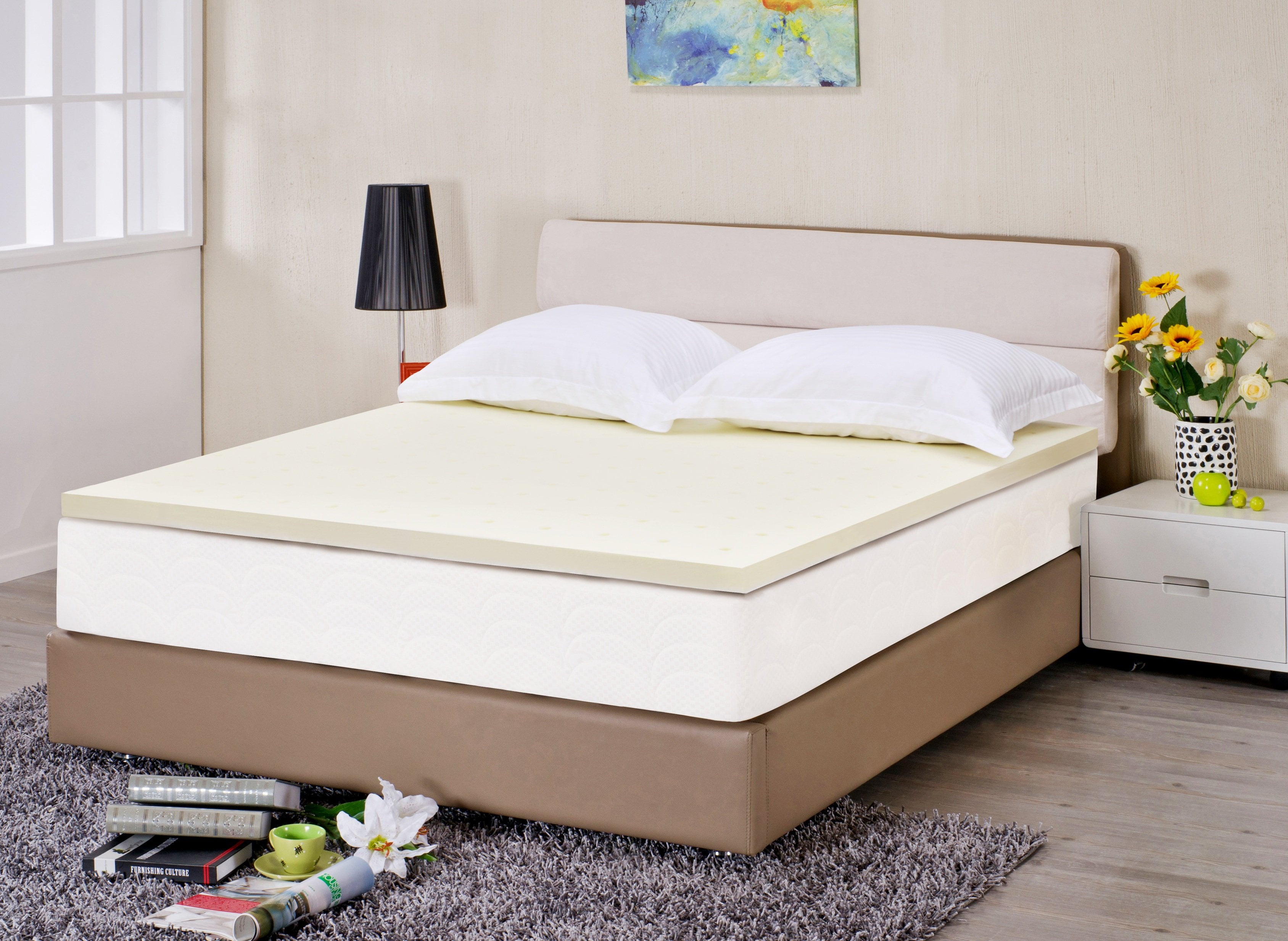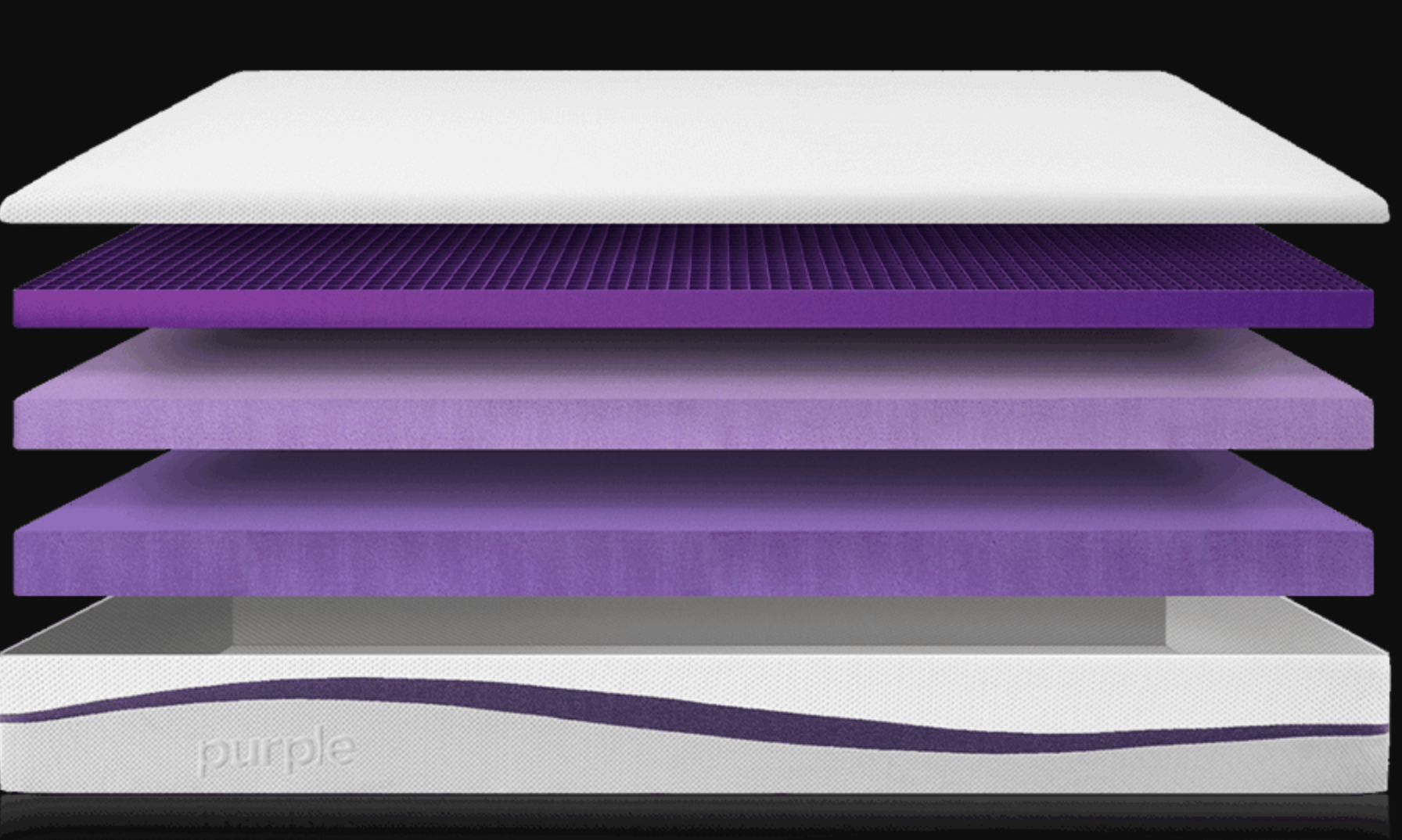One of the first things to check when your kitchen sink faucet's cold water won't work is the water supply. Make sure that the water supply valve is open and the water is turned on. If the water supply is not the issue, then the problem may lie within the faucet itself.Check the water supply
The aerator is a small screen at the end of your faucet that helps to mix air with the water, creating a smooth and consistent flow. Over time, debris and mineral deposits can build up in the aerator, causing a blockage. To check if the aerator is the problem, unscrew it from the faucet and clean it out. If the water flow improves, then the aerator was the issue.Check the aerator
The cartridge is a small valve inside the faucet handle that controls the flow of water. If the cartridge is damaged or worn out, it can cause issues with the water flow. To check the cartridge, turn off the water supply and remove the handle. Inspect the cartridge for any signs of damage or wear and tear. If necessary, replace it with a new one.Check the cartridge
The valve is responsible for controlling the hot and cold water flow in the faucet. If the valve is faulty or damaged, it can lead to issues with the water flow. To check the valve, turn off the water supply and remove the handle and cartridge. Inspect the valve for any signs of damage or wear and tear. If necessary, replace it with a new one.Check the valve
The handle is what you use to turn the faucet on and off. If the handle is loose or damaged, it can cause issues with the water flow. Inspect the handle for any signs of damage or wear and tear. If necessary, tighten or replace the handle.Check the handle
If none of the above solutions fix the issue, the problem could be with the pipes. Check for any leaks, clogs, or damage in the pipes leading to the faucet. If necessary, call a plumber to repair or replace the pipes.Check the pipes
The shut-off valve is usually located under the sink and controls the water flow to the faucet. If the shut-off valve is partially closed, it can restrict the water flow. Make sure that the shut-off valve is fully open and the water is flowing freely through it.Check the shut-off valve
If the water pressure in your home is low, it could be the reason why the cold water won't work in your kitchen sink faucet. Check the water pressure and, if necessary, adjust it to the recommended level. You can also install a water pressure regulator to maintain a consistent water pressure.Check the water pressure
Air in the pipes can cause issues with the water flow in your kitchen sink faucet. To get rid of the air, turn on the faucet and let it run for a few minutes. This will help to flush out any air that may be trapped in the pipes.Check for air in the pipes
If you've tried all of the above solutions and your kitchen sink faucet's cold water still won't work, it may be time to call a plumber. A professional plumber will be able to diagnose the issue and provide a more permanent solution. They may need to replace certain parts or even install a new faucet. Don't let a malfunctioning kitchen sink faucet ruin your day. By following these tips and troubleshooting steps, you can get your cold water flowing again and have your kitchen sink back in working order in no time.Call a plumber
Possible Causes of a Kitchen Sink Faucet Cold Water Issue

Old or Damaged Faucet Parts
 One of the most common reasons for a kitchen sink faucet cold water issue is old or damaged faucet parts. Over time, the internal components of a faucet can wear out or become damaged, leading to a decrease in water flow or a complete lack of cold water. This can happen due to normal wear and tear or from mineral buildup in the pipes. If your faucet is more than 10 years old, it may be time to replace it with a newer, more efficient model.
One of the most common reasons for a kitchen sink faucet cold water issue is old or damaged faucet parts. Over time, the internal components of a faucet can wear out or become damaged, leading to a decrease in water flow or a complete lack of cold water. This can happen due to normal wear and tear or from mineral buildup in the pipes. If your faucet is more than 10 years old, it may be time to replace it with a newer, more efficient model.
Blocked Aerator
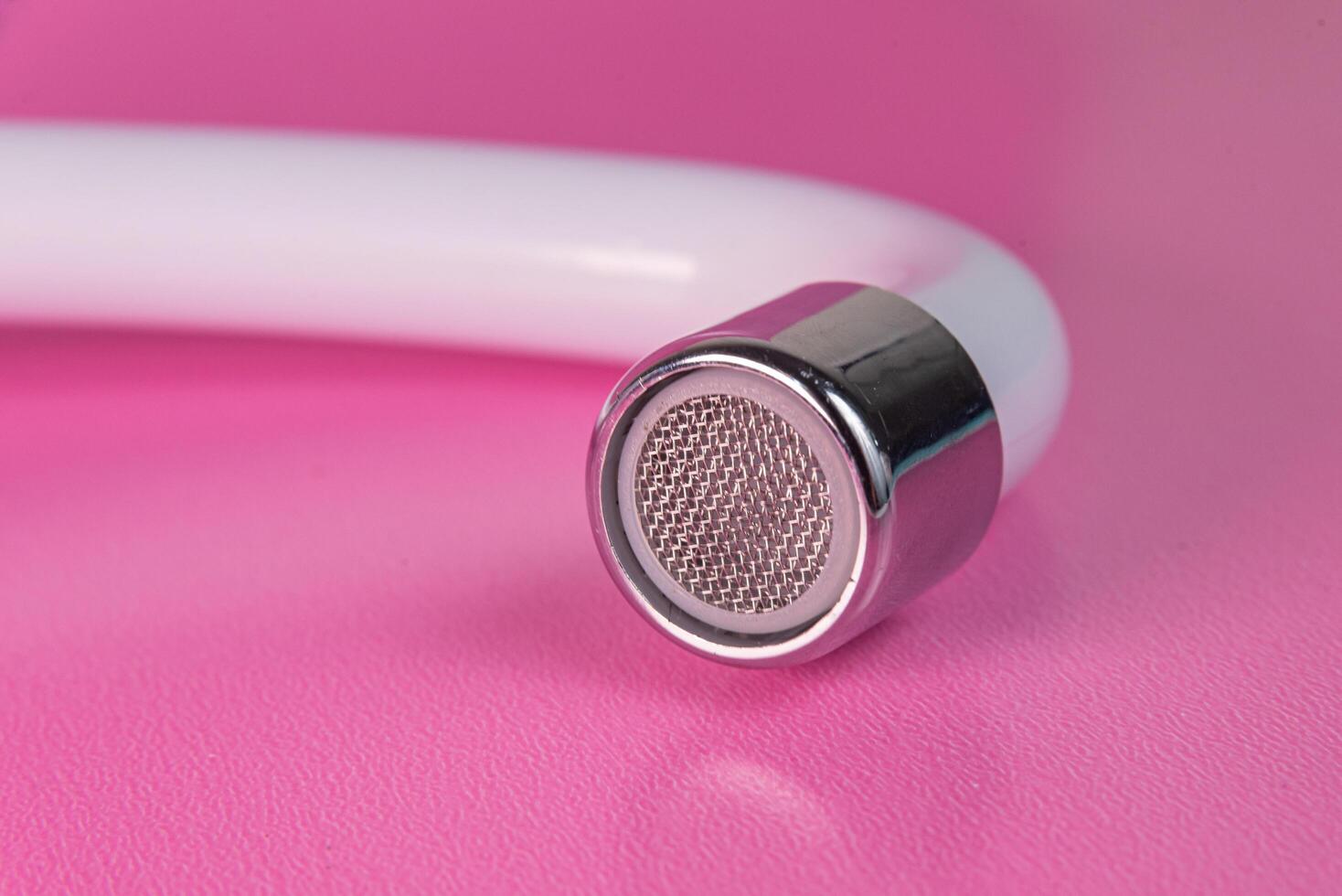 The aerator is the small mesh screen located at the end of your faucet. Its purpose is to mix air with the water, creating a steady and even flow. However, over time, the aerator can become clogged with mineral deposits, debris, or even small pieces of food. As a result, the water flow can become restricted or even stop altogether. Cleaning or replacing the aerator can often solve the problem of a kitchen sink faucet cold water issue.
The aerator is the small mesh screen located at the end of your faucet. Its purpose is to mix air with the water, creating a steady and even flow. However, over time, the aerator can become clogged with mineral deposits, debris, or even small pieces of food. As a result, the water flow can become restricted or even stop altogether. Cleaning or replacing the aerator can often solve the problem of a kitchen sink faucet cold water issue.
Frozen Pipes
 In colder climates, frozen water pipes can be a common occurrence. When the temperature drops, the water inside the pipes can freeze, causing a blockage that prevents water from flowing through. If this happens, you may experience a lack of cold water from your kitchen sink faucet. To prevent this issue, make sure to insulate your pipes properly and keep your home at a consistent temperature during the winter months.
In colder climates, frozen water pipes can be a common occurrence. When the temperature drops, the water inside the pipes can freeze, causing a blockage that prevents water from flowing through. If this happens, you may experience a lack of cold water from your kitchen sink faucet. To prevent this issue, make sure to insulate your pipes properly and keep your home at a consistent temperature during the winter months.
Plumbing Problems
 If none of the above solutions seem to be the cause of your kitchen sink faucet cold water issue, it may be a larger plumbing problem. There could be a blockage in the main water line or a malfunction in the water heater. In these cases, it is best to consult a professional plumber to properly diagnose and fix the issue.
In conclusion, a kitchen sink faucet cold water issue can have various causes, from old or damaged faucet parts to frozen pipes or plumbing problems. It is important to properly maintain your faucet and address any issues as soon as they arise to ensure a constant supply of cold water in your kitchen. If you are unable to resolve the issue on your own, do not hesitate to seek the help of a professional plumber for a proper solution.
If none of the above solutions seem to be the cause of your kitchen sink faucet cold water issue, it may be a larger plumbing problem. There could be a blockage in the main water line or a malfunction in the water heater. In these cases, it is best to consult a professional plumber to properly diagnose and fix the issue.
In conclusion, a kitchen sink faucet cold water issue can have various causes, from old or damaged faucet parts to frozen pipes or plumbing problems. It is important to properly maintain your faucet and address any issues as soon as they arise to ensure a constant supply of cold water in your kitchen. If you are unable to resolve the issue on your own, do not hesitate to seek the help of a professional plumber for a proper solution.
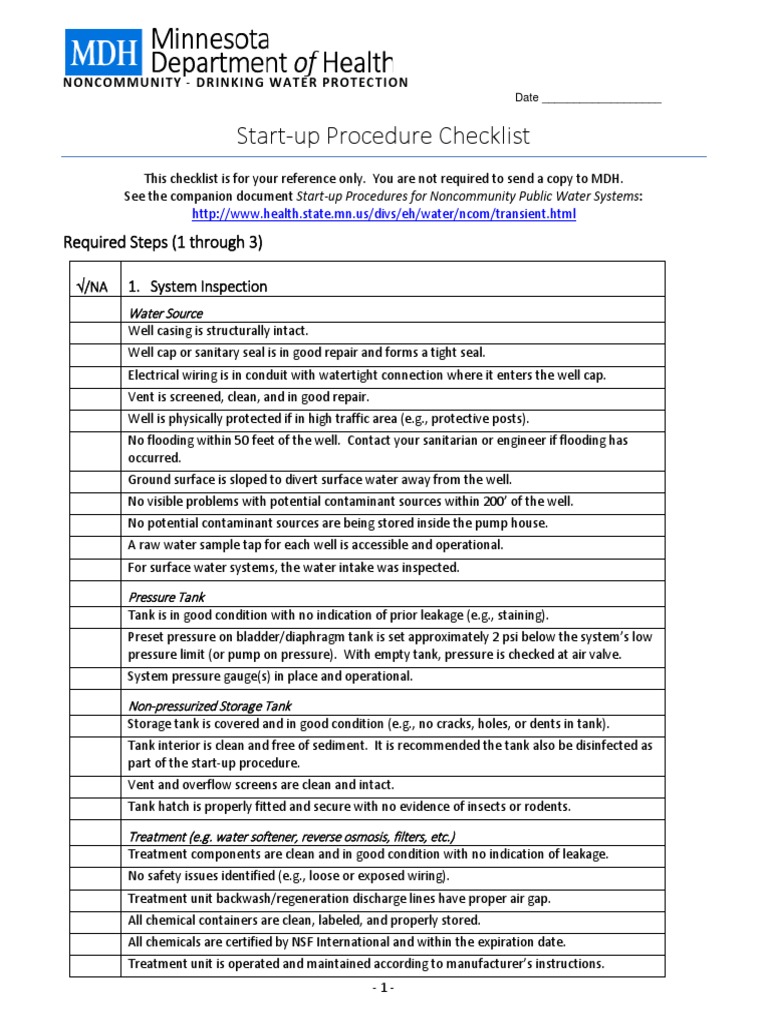

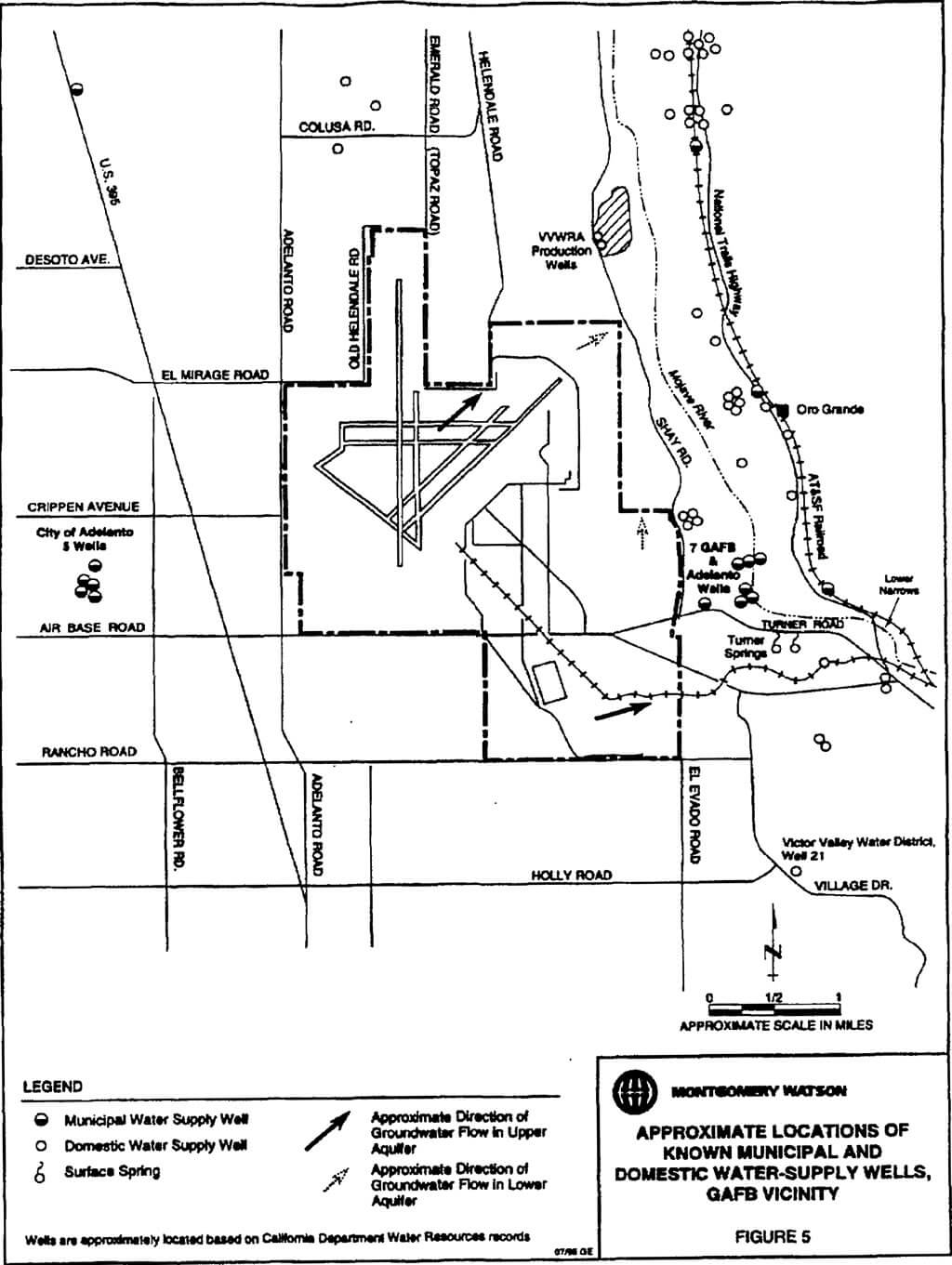
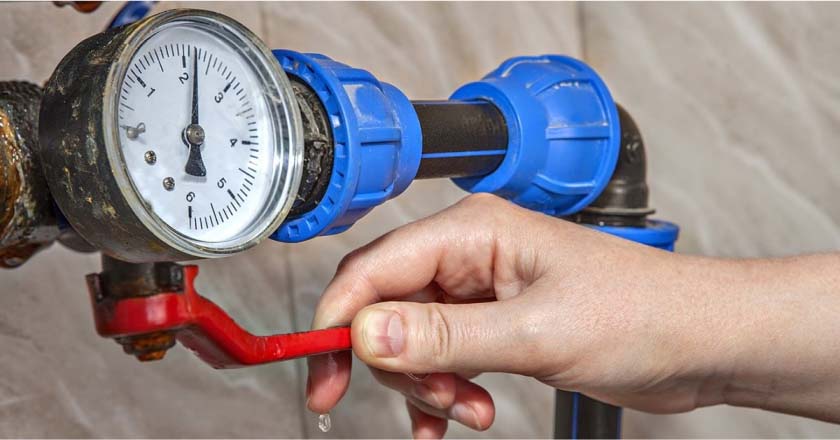
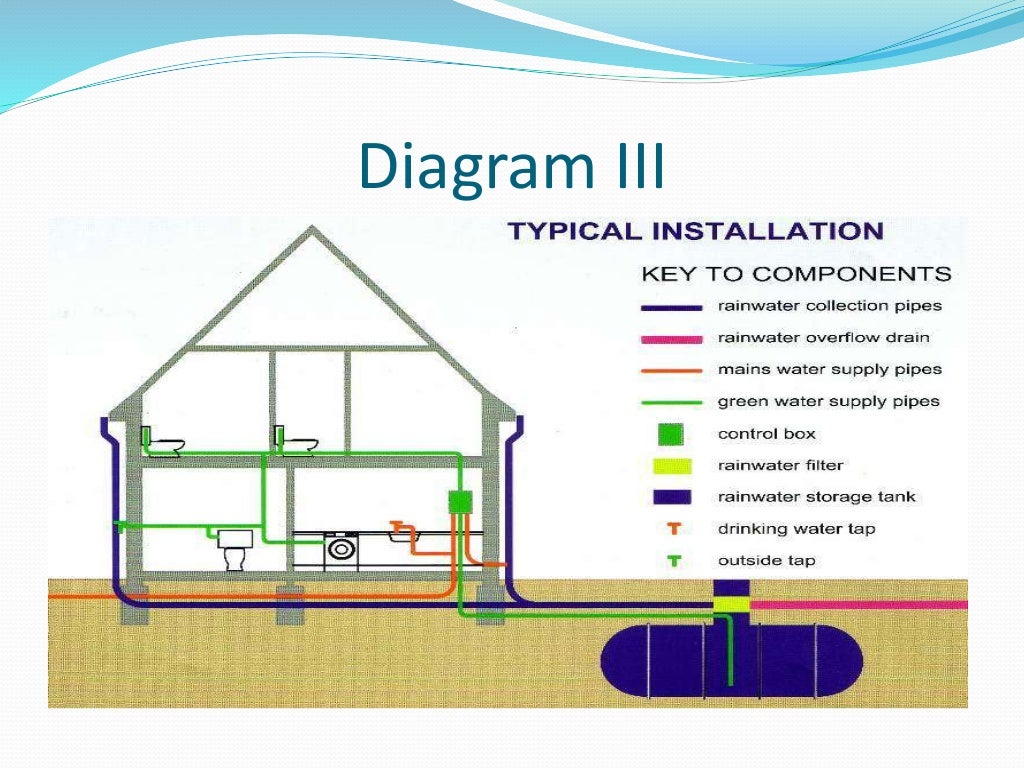


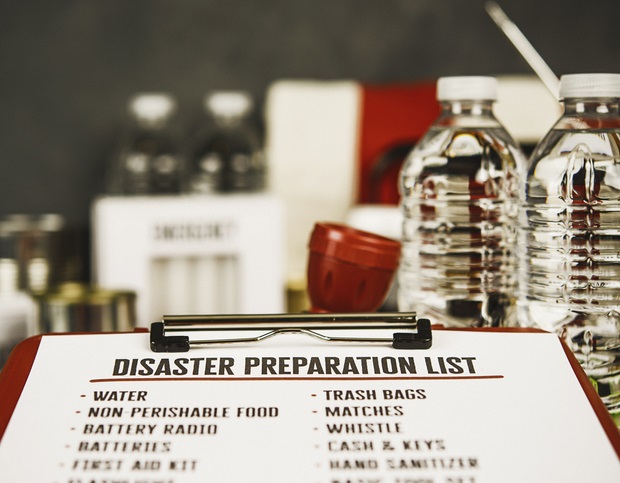


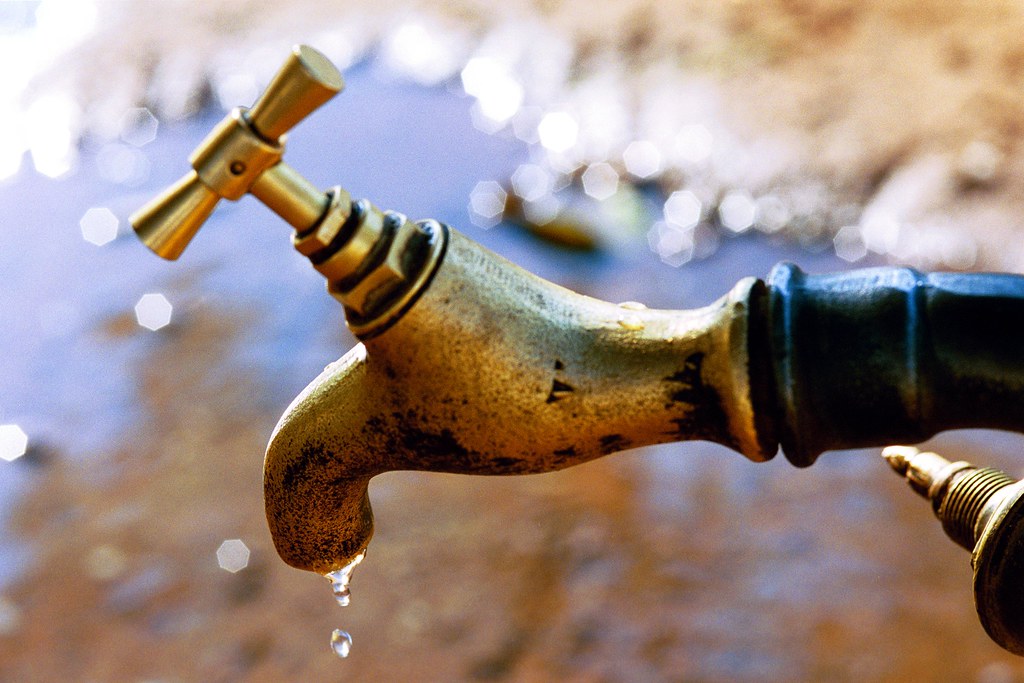
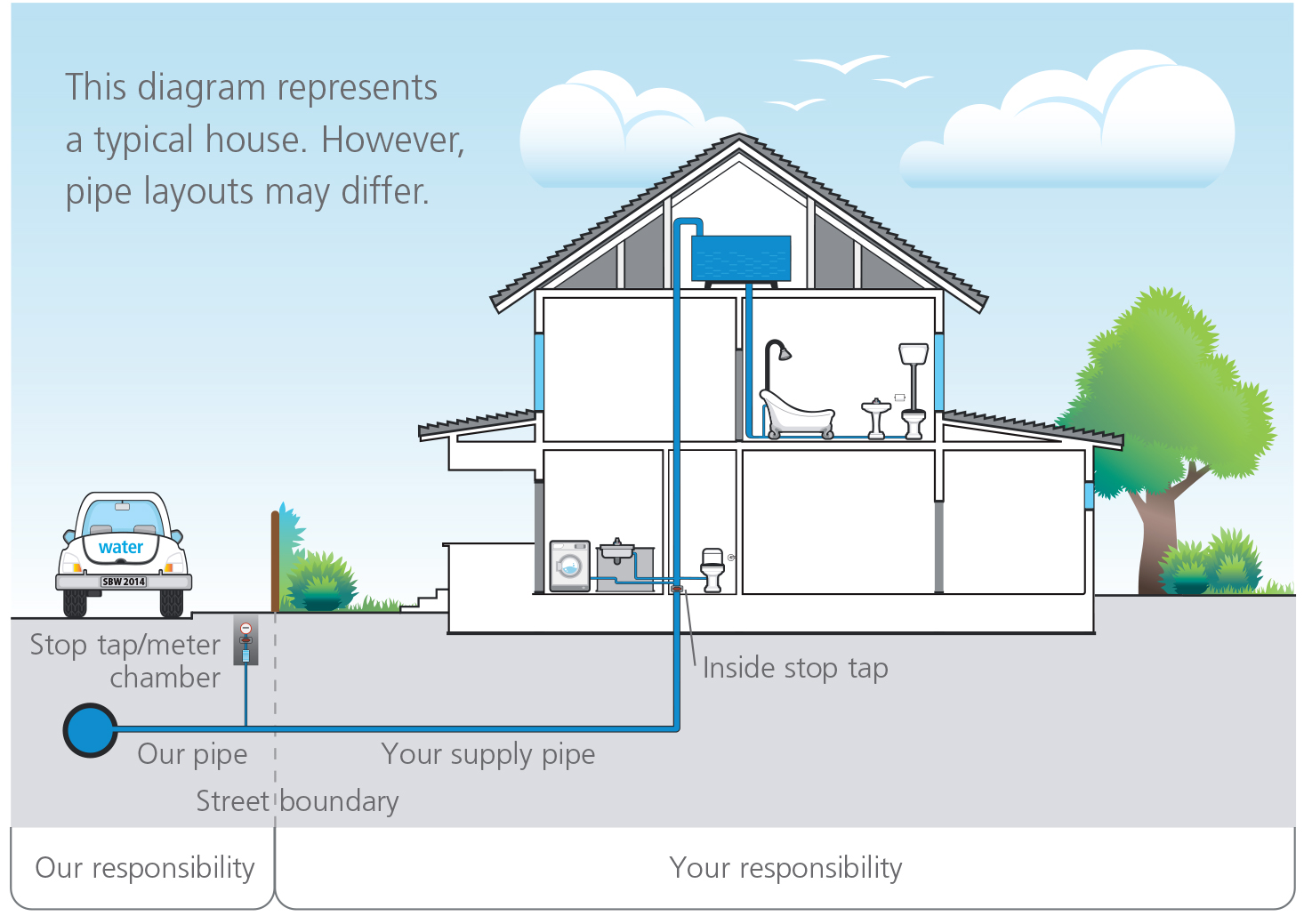




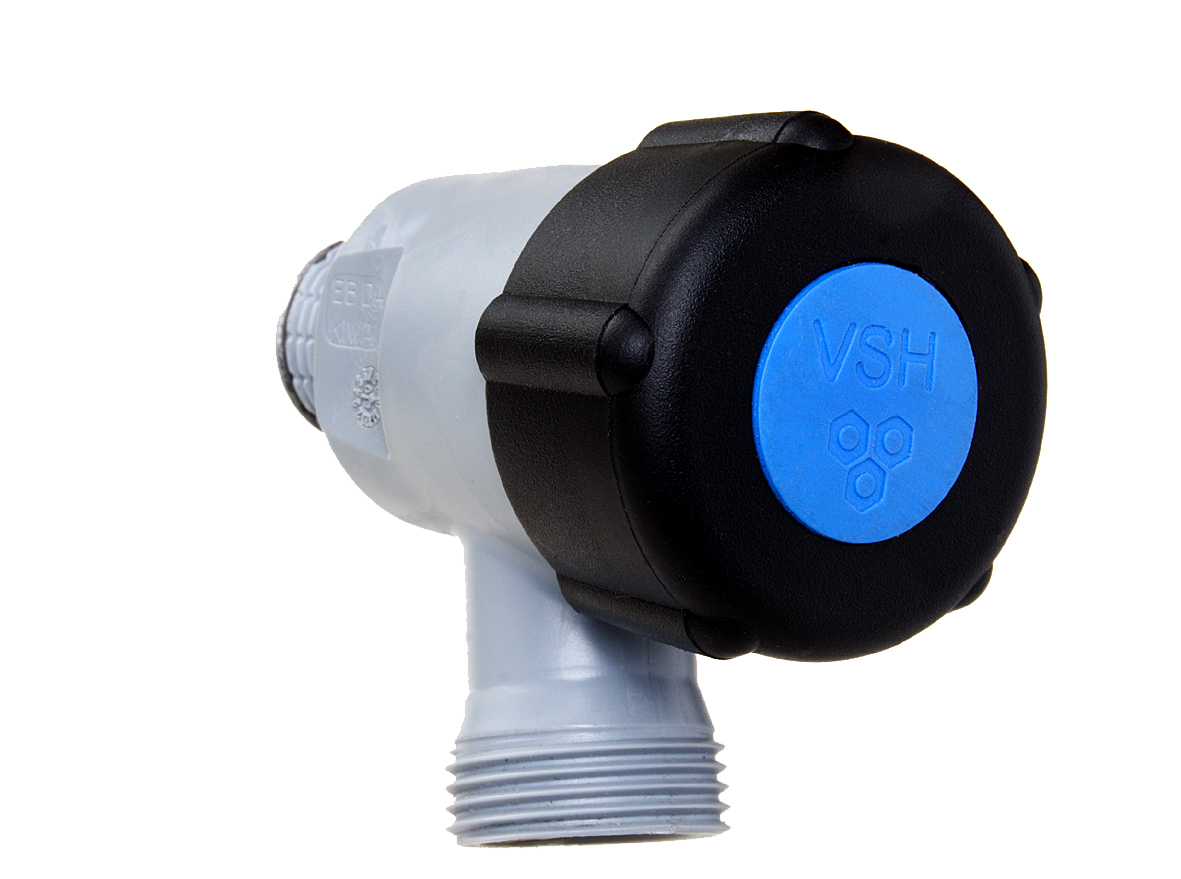






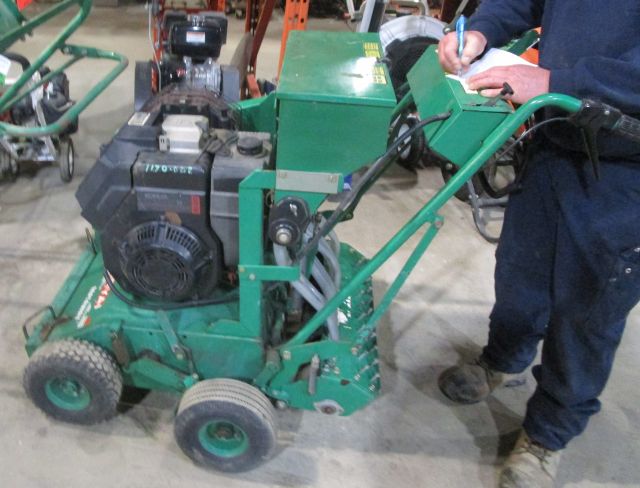

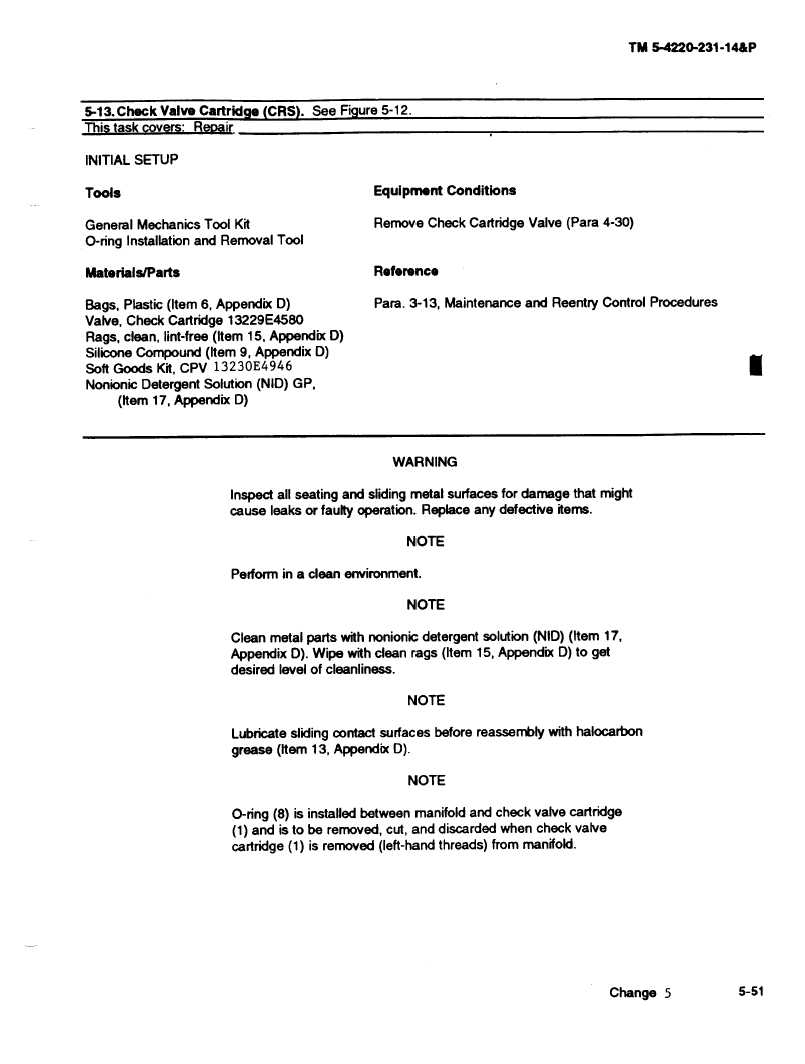








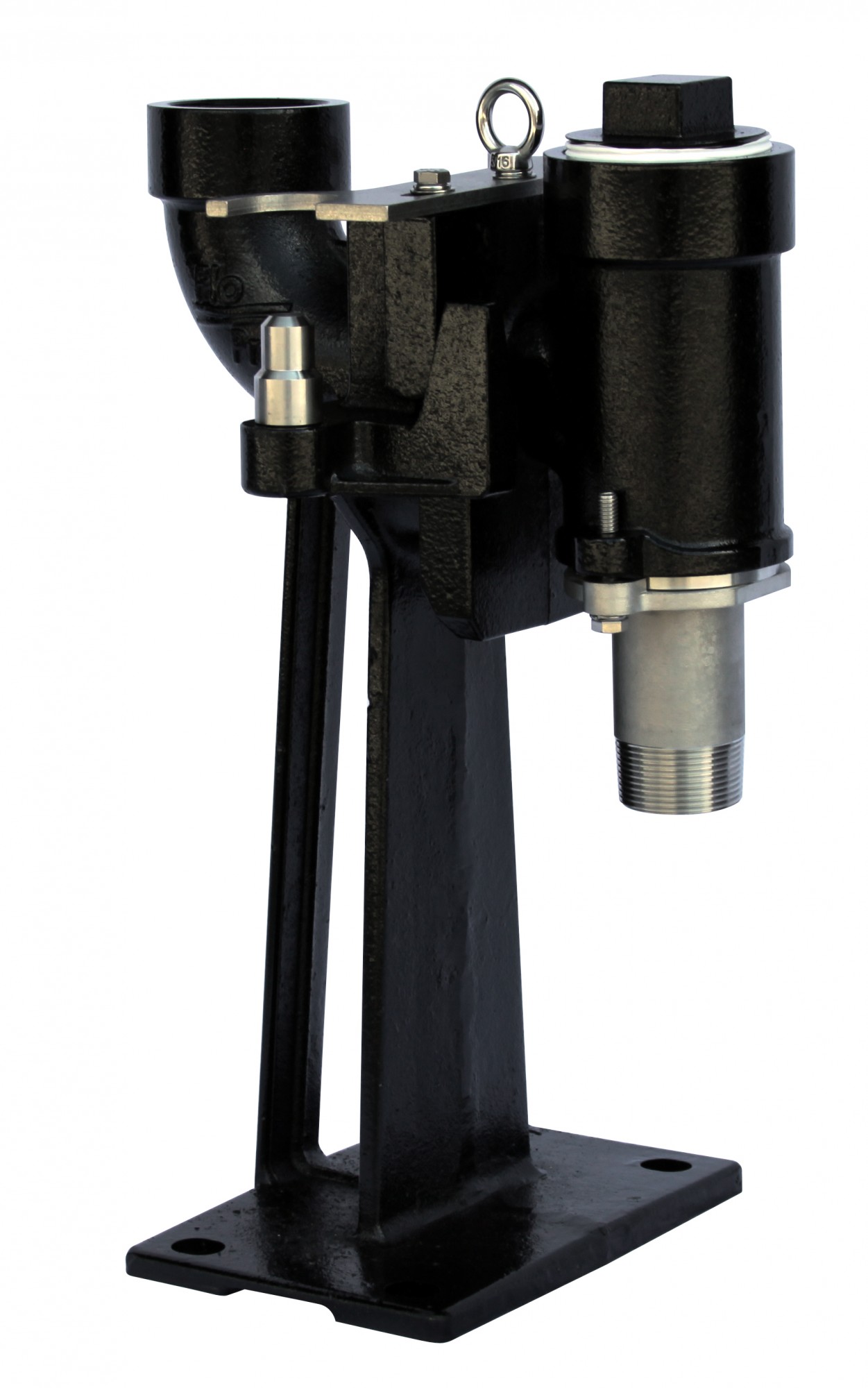
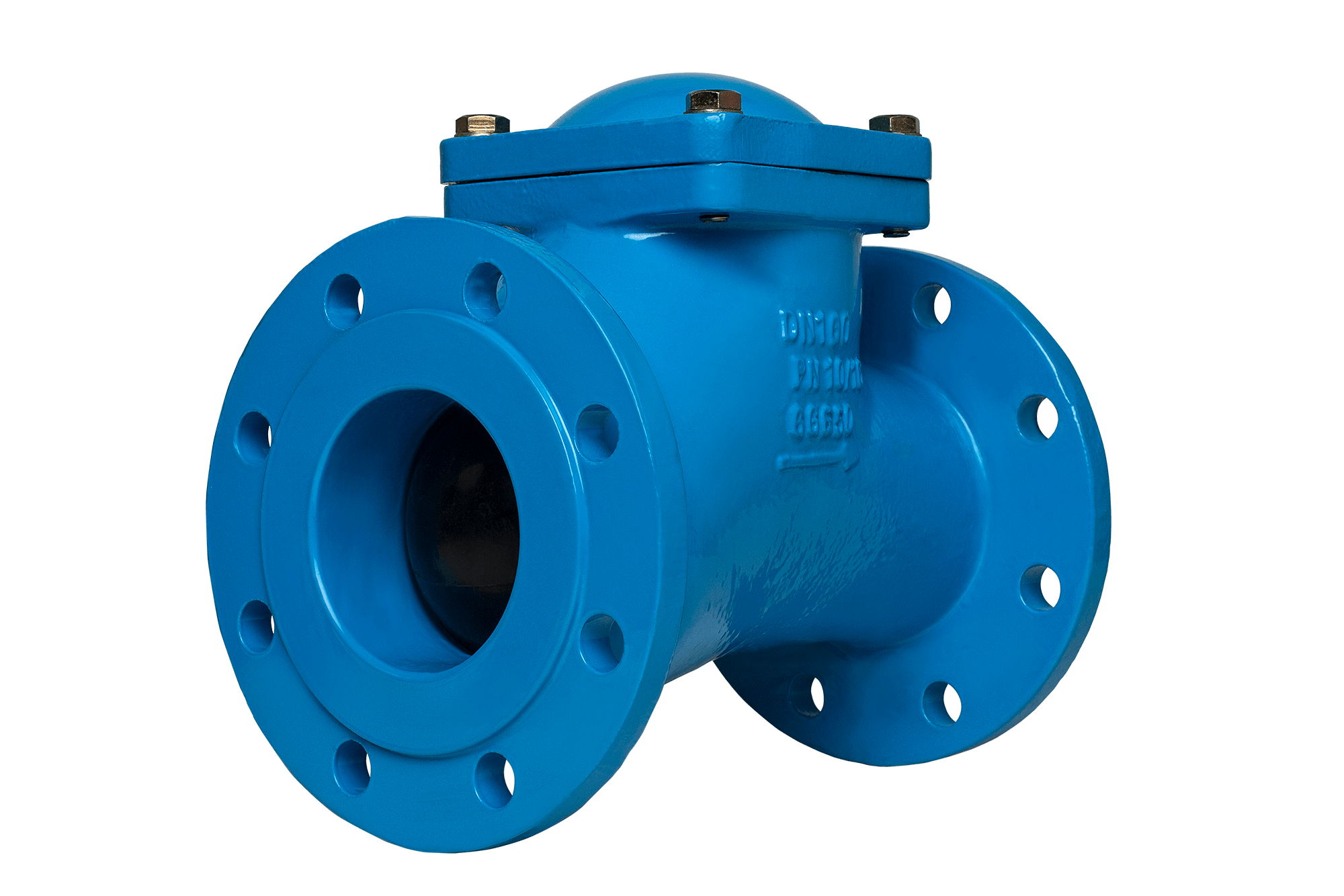

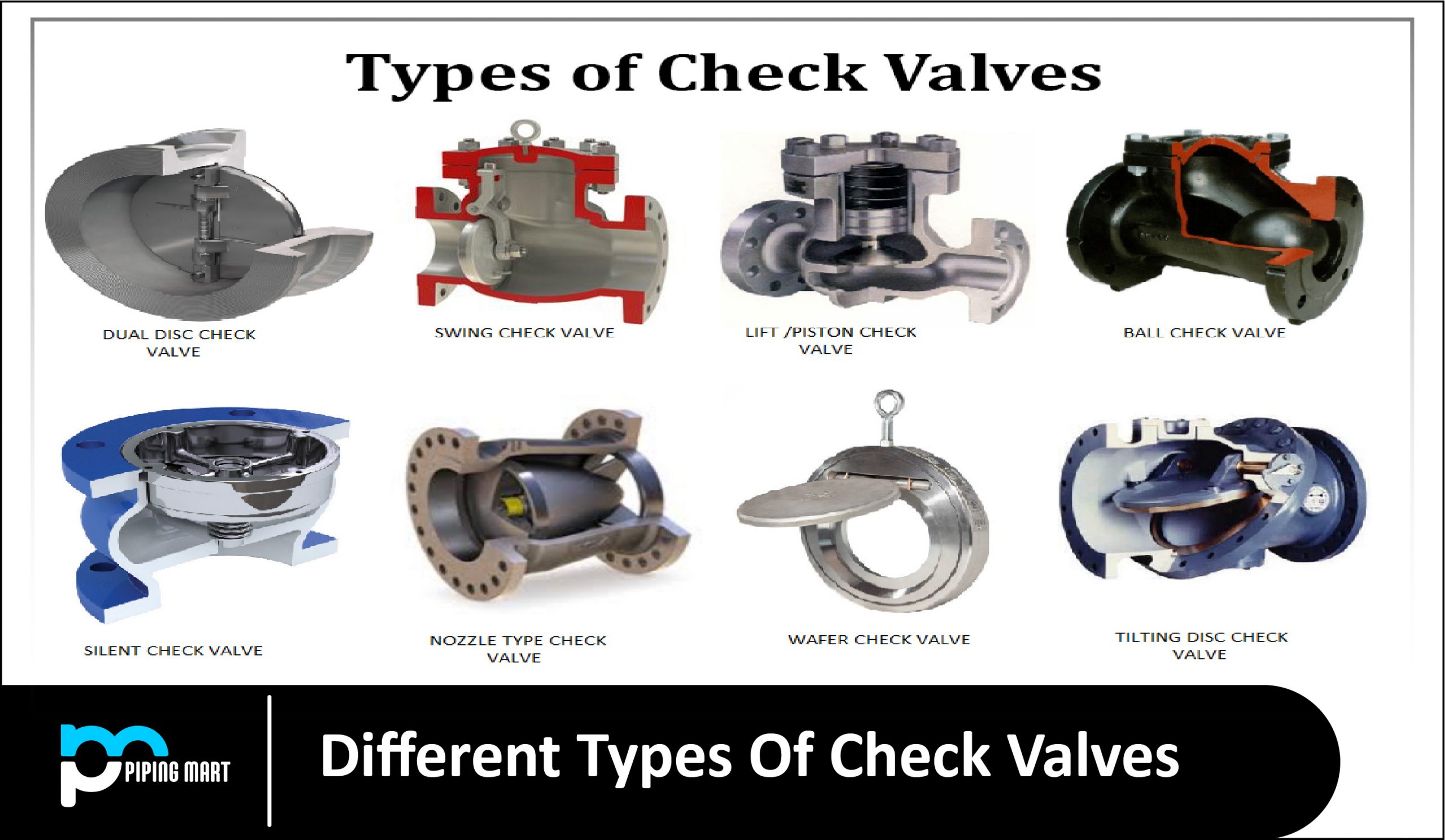
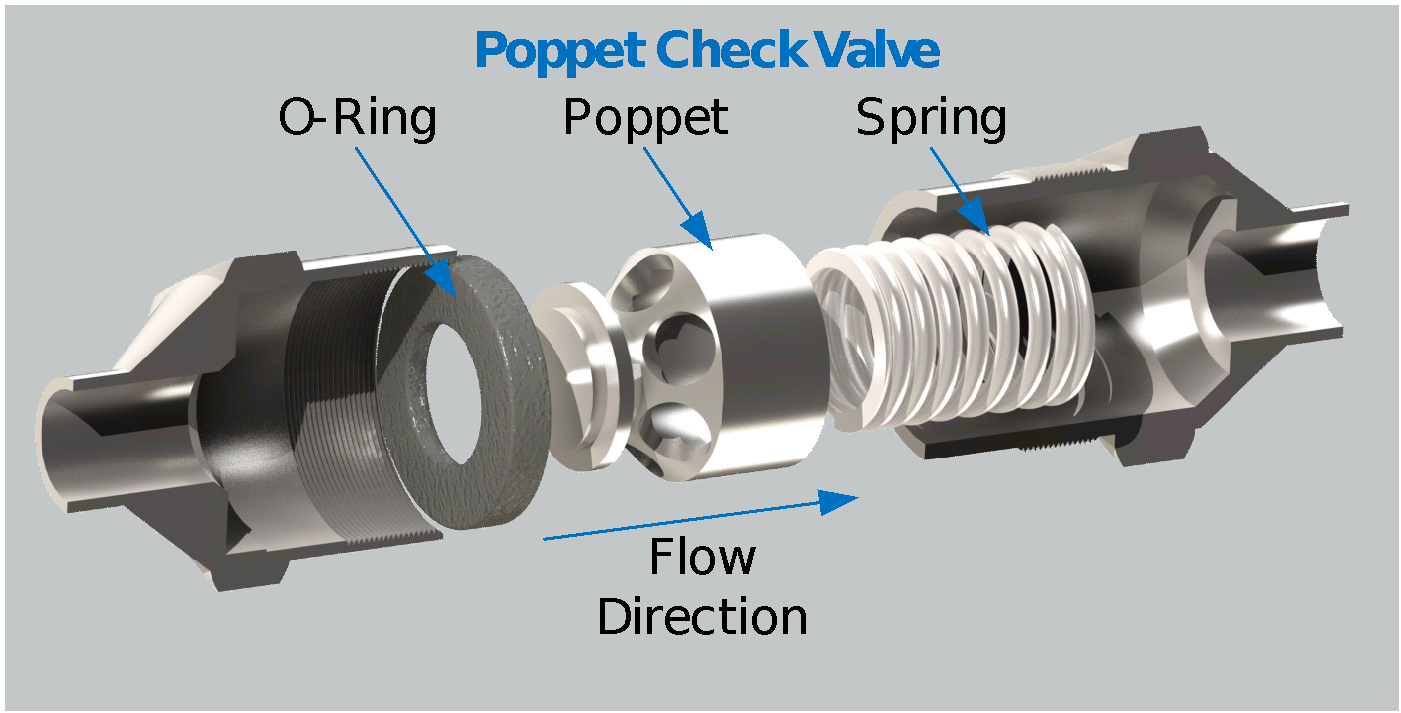
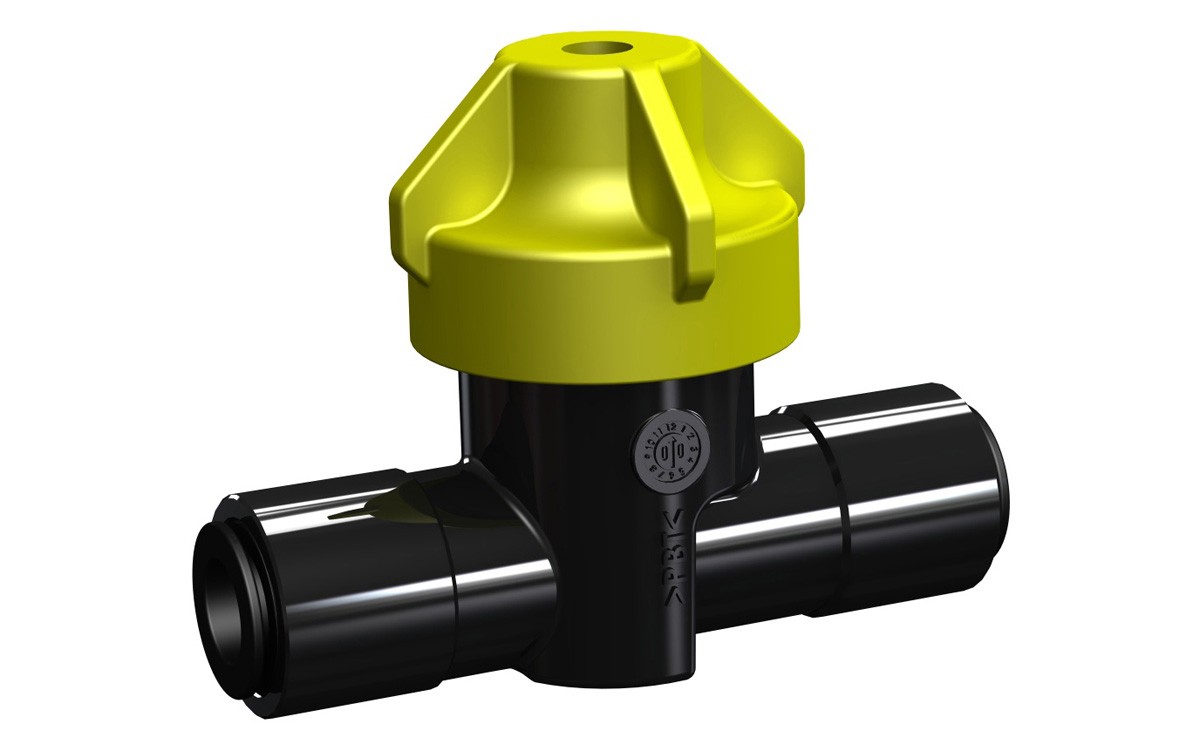


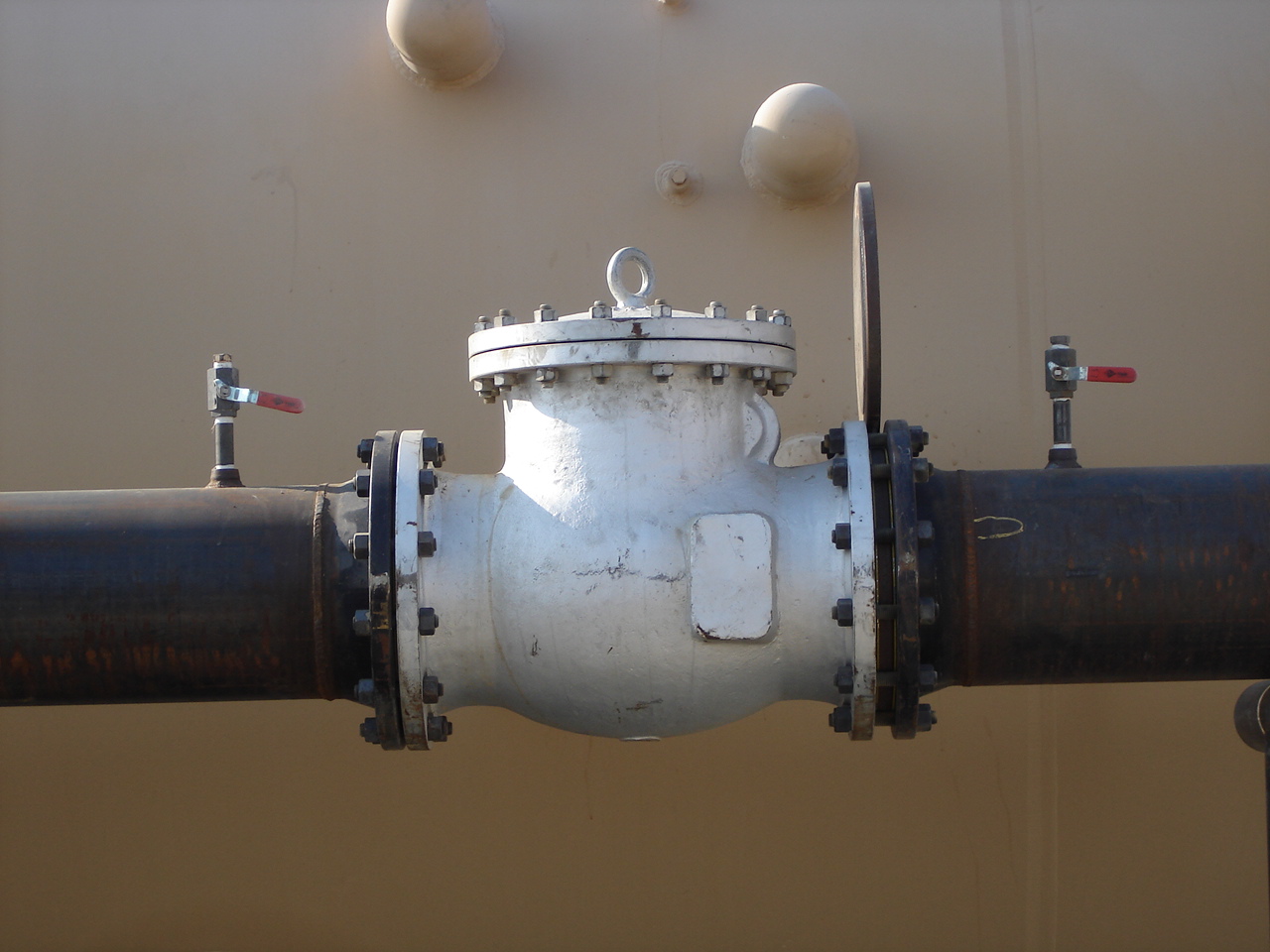
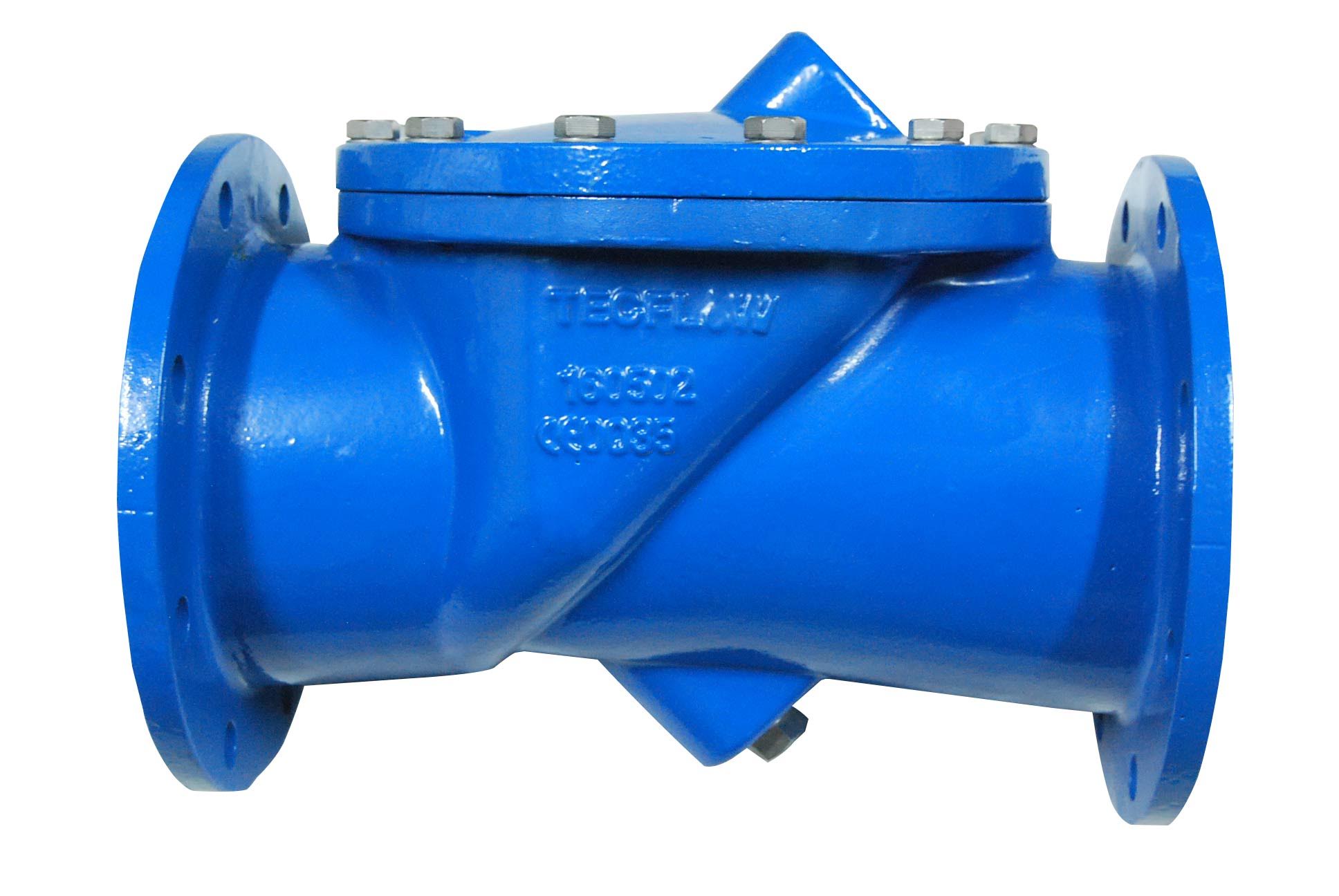





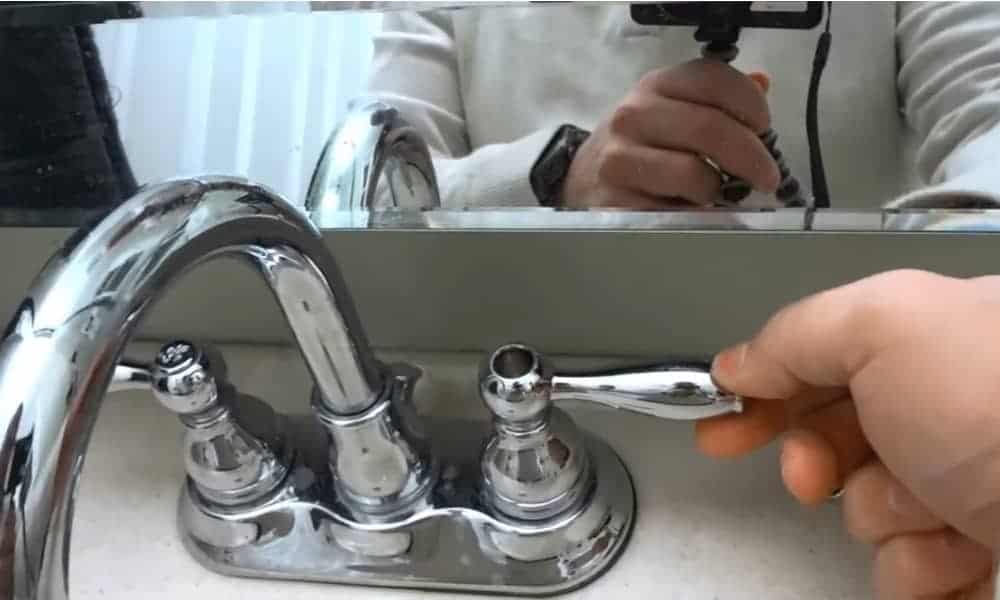
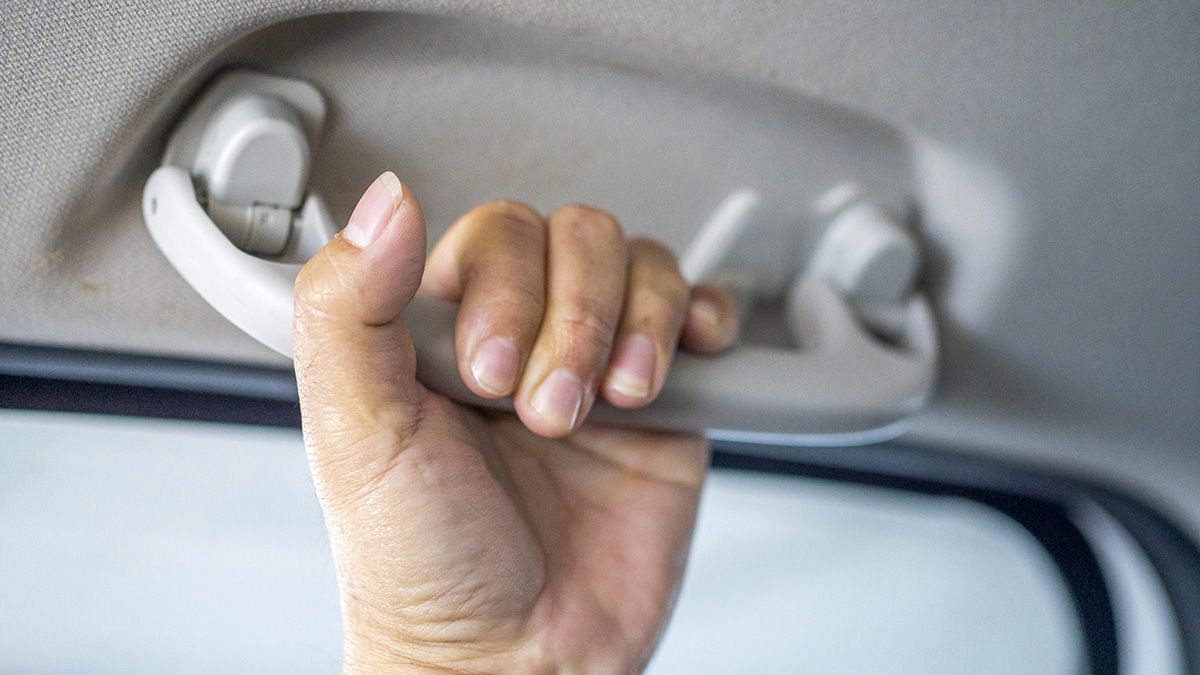
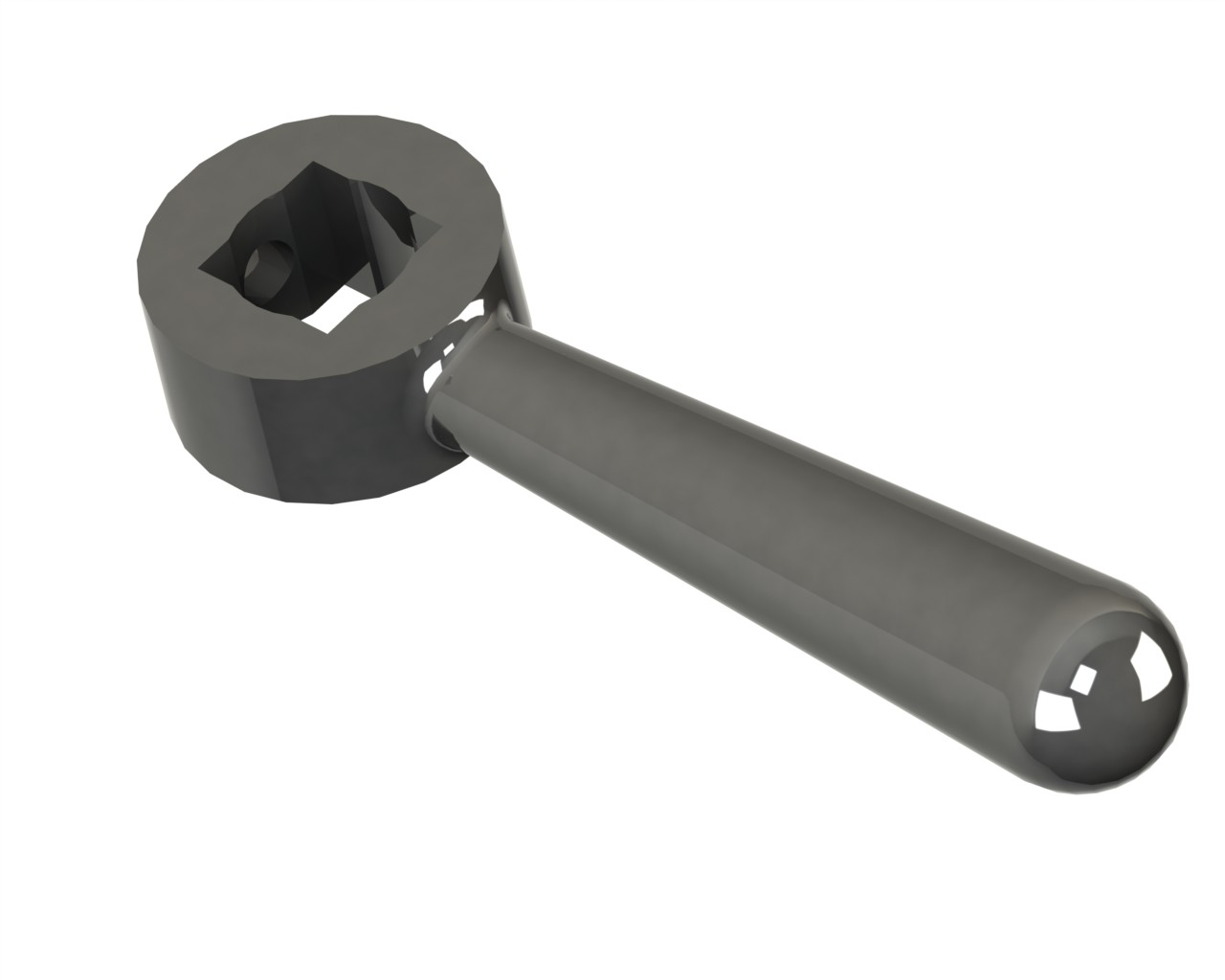
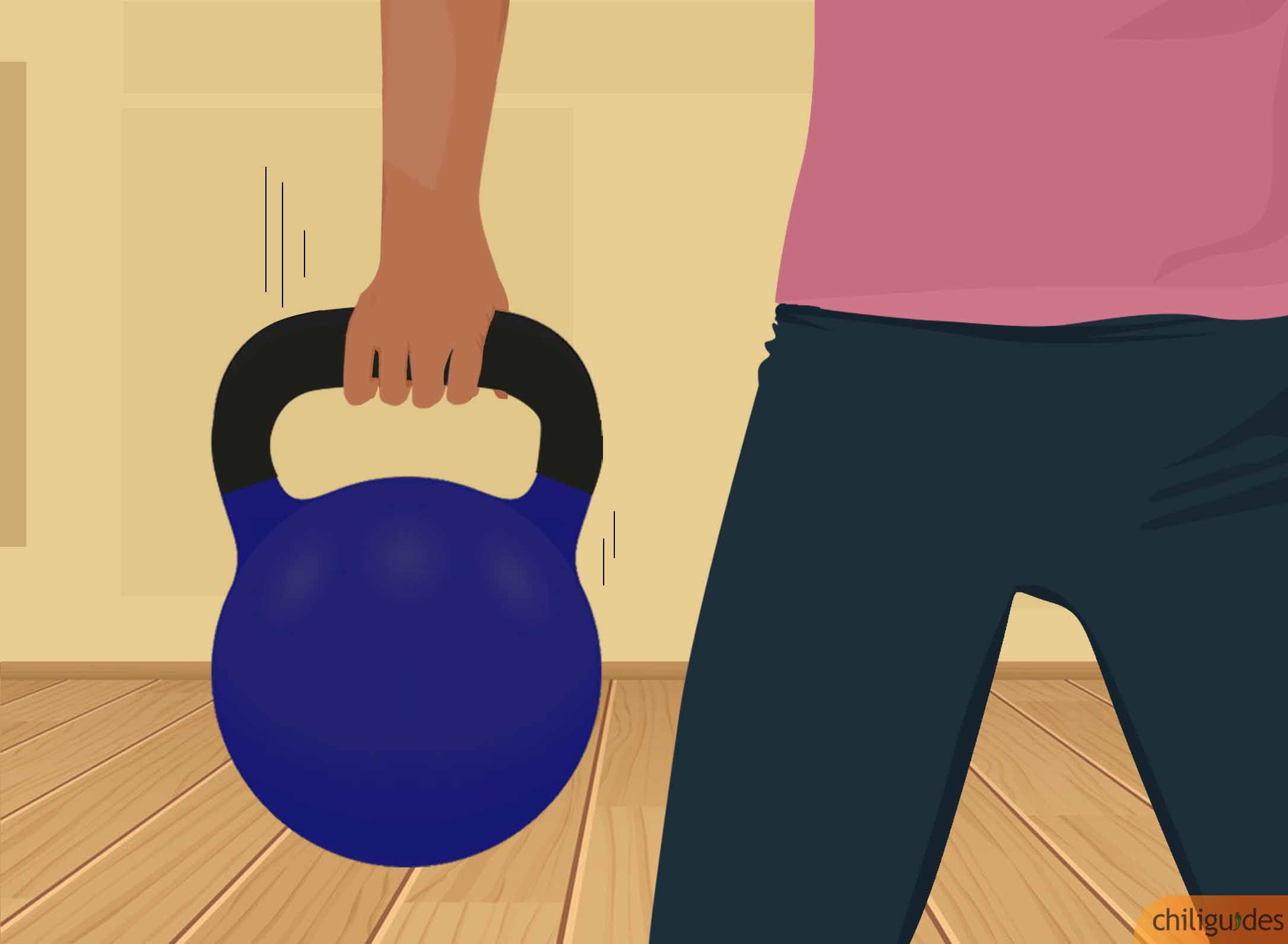


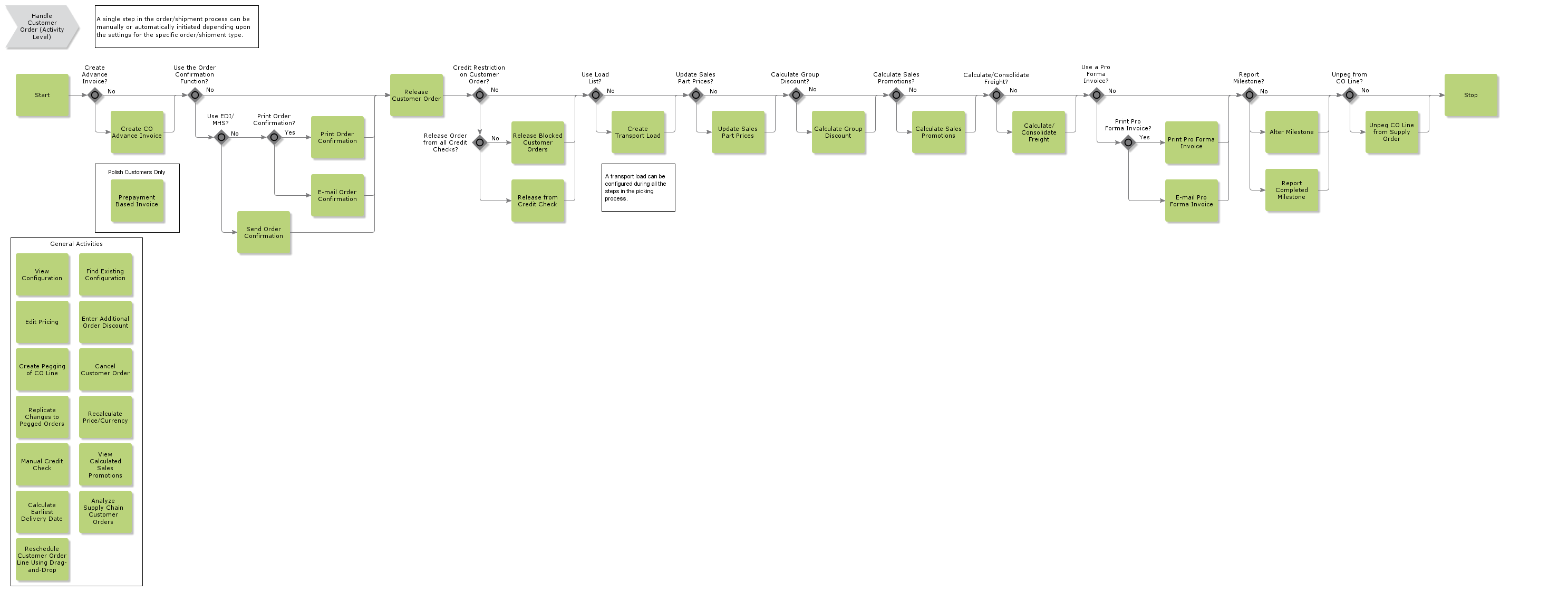






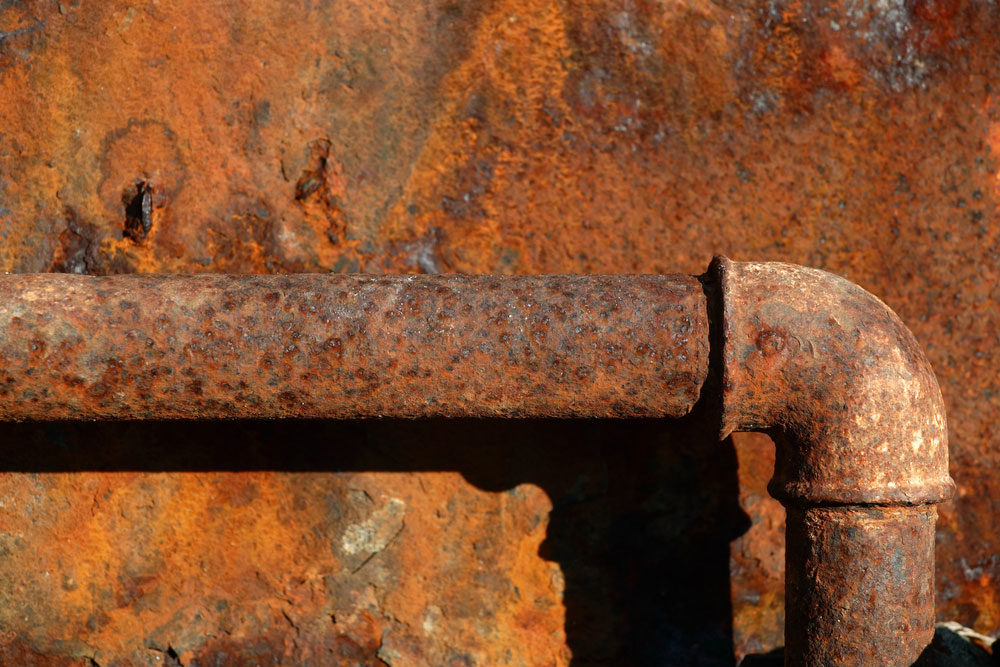








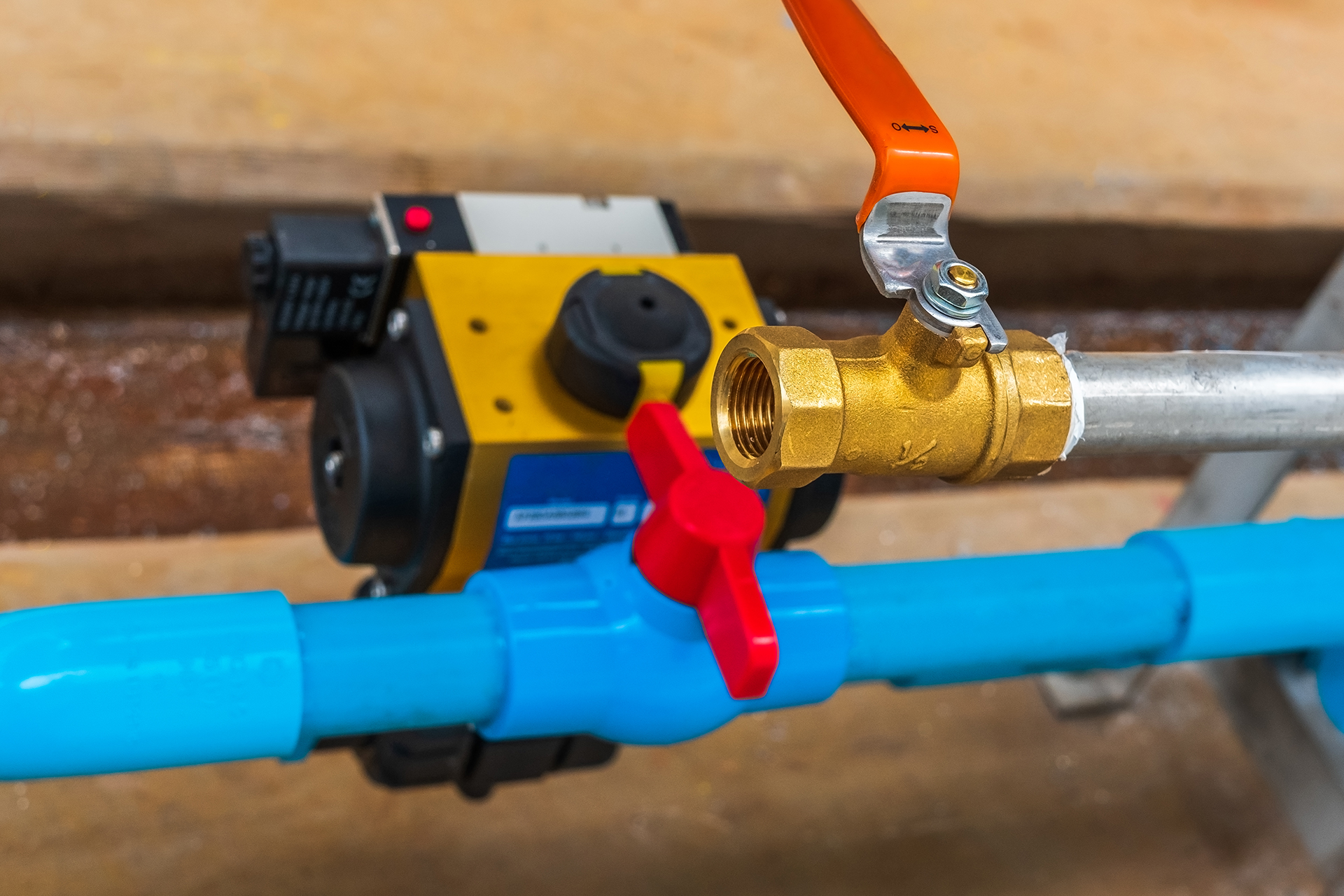
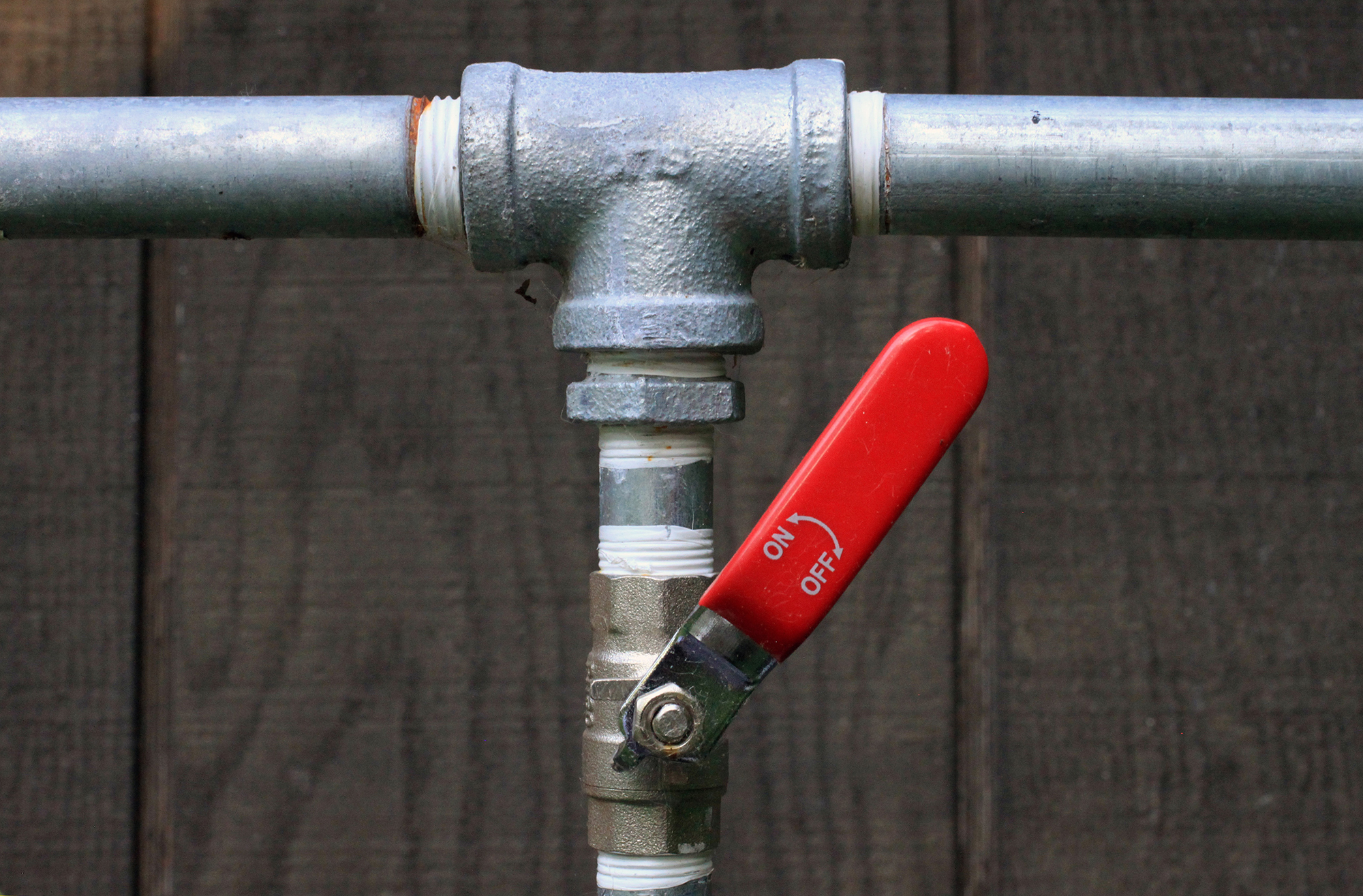



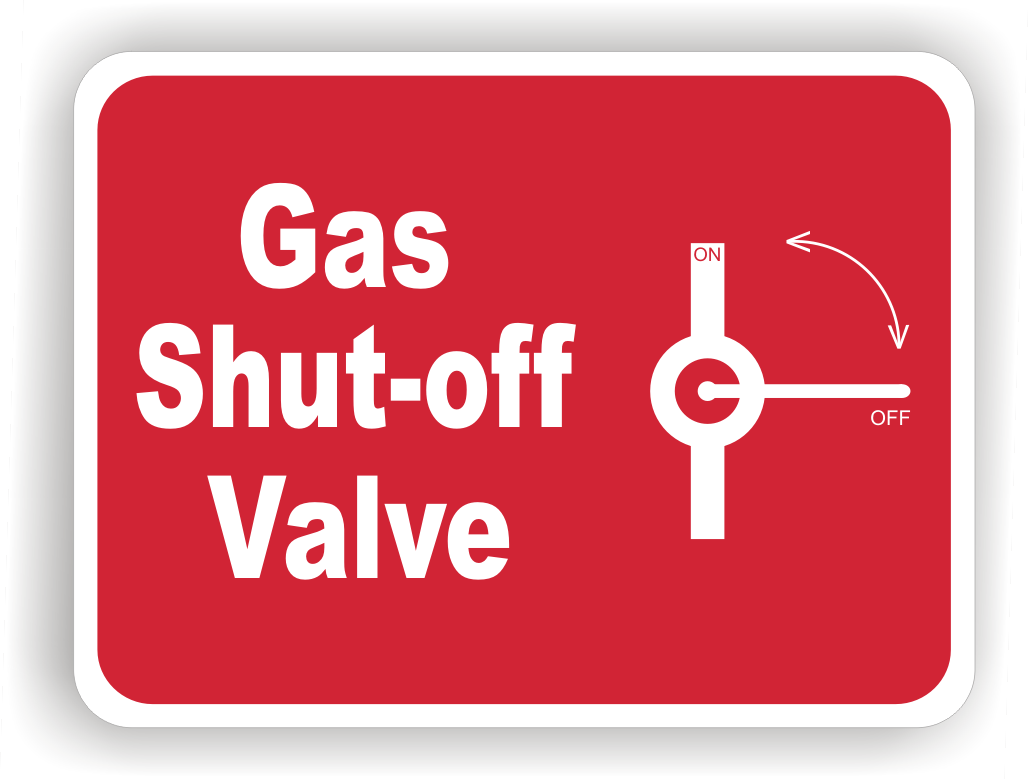


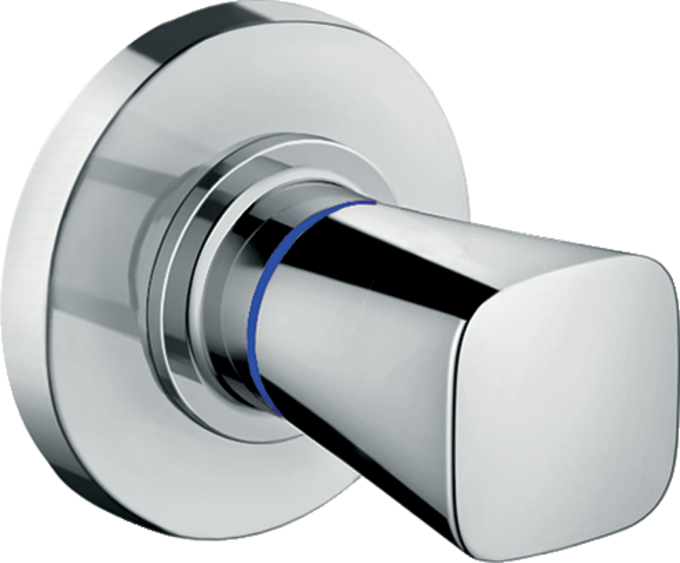



/93097679-56a73c295f9b58b7d0e81657.jpg)
/testing-water-pressure-in-your-home-2718692-hero-98f45508ca5d44b6b551034ac5cedab5.jpg)
:max_bytes(150000):strip_icc()/testing-water-pressure-in-your-home-2718692-04-c37ab3236d0d4b61b87079ebf9ef823e-c1e1ef0104fb44778a287bd9bb5ec140.jpeg)
:max_bytes(150000):strip_icc()/the-men-s-hand-opens-the-ball-valve-on-the-collector-1006810456-5c5fc73fc9e77c000159c4af.jpg)

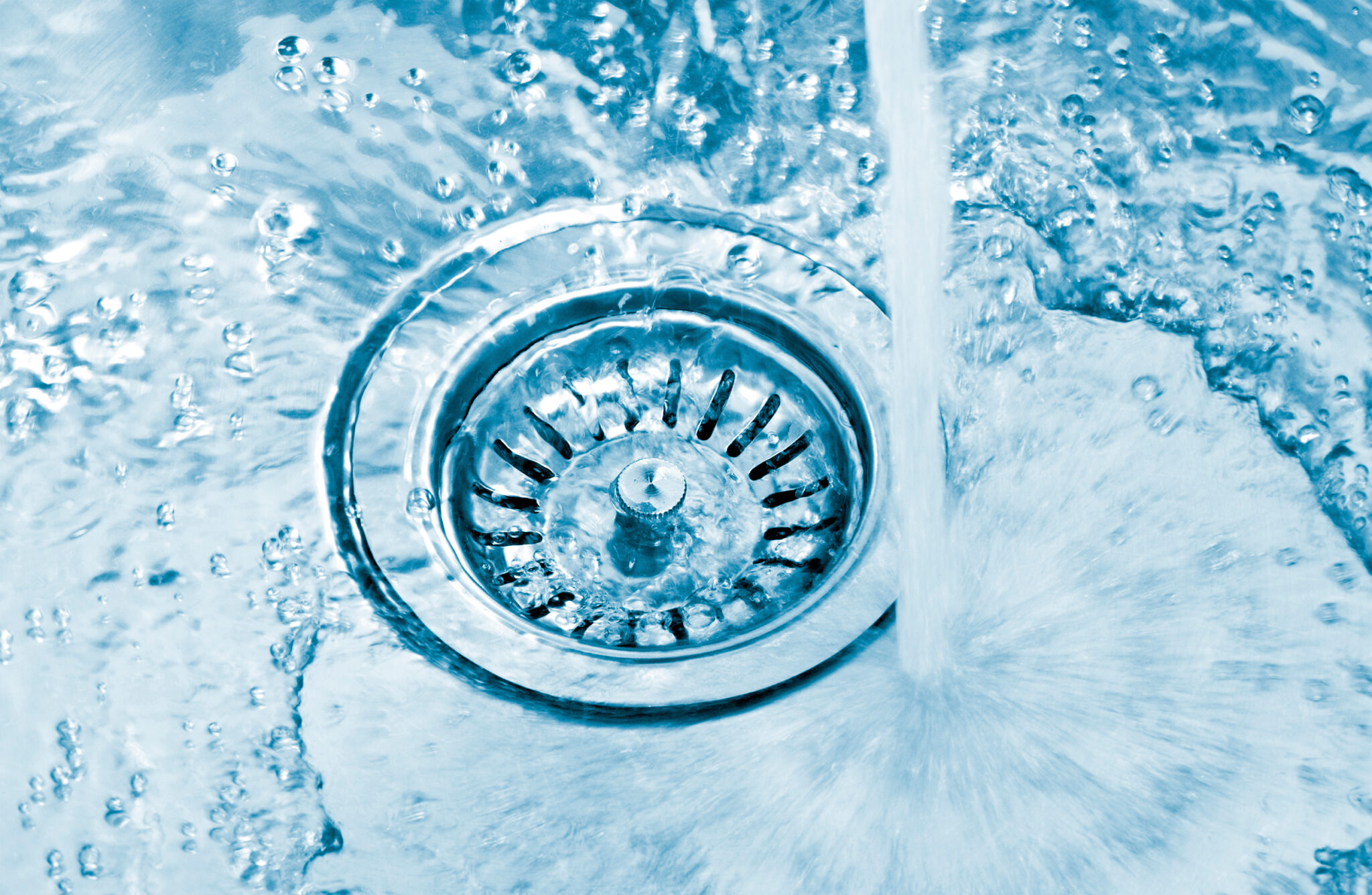
/JodiJacobson-waterpressure-5b9bf850c9e77c0050a2d8aa.jpg)




